
Airén may just be the most famous grape you've never heard of. Quietly sprawling across the sun-drenched plains of central Spain, this humble white variety has long been underestimated—more workhorse than show pony. But times are changing. Today, a new generation of winemakers is rediscovering Airén’s untapped potential, transforming it from a bulk-blending grape into a canvas for crisp, refreshing, and expressive wines that speak of sun, soil, and surprise.
In this article, we’ll take you on a journey through the world of Airén—from its deep roots in La Mancha to the vibrant, modern bottles that are rewriting its story. Whether you're a curious newcomer or a seasoned wine lover, get ready to explore why this under-the-radar variety deserves a place at your table—and maybe even in your heart.
Airén is the unsung workhorse of the wine world.
If Chardonnay is the prom queen and Sauvignon Blanc is the class clown, Airén is the valedictorian no one invited to the party.
It's the most planted white grape variety in Spain—once the most planted grape in the world—yet virtually invisible on wine lists outside its homeland. Airén represents almost a quarter of all grapes grown in Spain and is a widely planted grape variety native to the Iberian Peninsula. In addition to Iberia, Airén grapes are cultivated in various regions, including La Mancha, and are used to produce a range of wines, from white wines to brandy. With its origins dating back to the 14th century, the Airén grape has a rich history and has been widely planted in other countries, including France, Italy, and Chile.
It is known for its high yield and resistance to diseases. Airén is not a trend chaser. It’s a survivor. It dominates the hot, dry plains of La Mancha, produces millions of litres of affordable wine and brandy, and requires little pampering. It’s the viticultural equivalent of an off-grid solar farm: humble, rugged, and criminally underrated.
Airén's arrival revolutionized the wine industry in La Mancha, leading to the displacement of other grape varieties due to its yields and profitability. But with better vineyard management and a growing push toward quality over quantity, Airén may finally be ready for its second act—as a serious white wine grape with surprising potential.
Airén is a resilient and versatile white wine grape variety that thrives in harsh conditions, offering unique qualities prized by winemakers and drinkers alike. Its distinctive characteristics include:
Airén is often vinified in bulk. But when treated with care, it can yield fresh, citrusy, and easy-drinking wines with unexpected charm.
Airén wines are typically light in flavour, featuring relatively neutral profiles that reveal subtle notes of apple, pear, citrus, and occasionally delicate floral and herbaceous undertones. Airén wines are renowned for their distinctive characteristics, including low acidity and a fresh, fruity profile.
Most Airén is unoaked, fermented clean, and meant for immediate consumption. However, old vines and experimental producers are proving that this grape can tell a deeper story.
Airén’s baseline is modest and fresh. But in the right hands, especially from old vines, it can offer elegance and subtle complexity.
“Airén doesn’t shout—it whispers. But if you listen closely, you might hear the soul of La Mancha in every glass.”
Airén isn’t meant to steal the spotlight—it’s a background actor who makes the entire cast look better. Its soft acidity and mild aromatics make it a flexible pairing partner.
Perfect Pairings:
Pro Tip: Airén shines in daytime drinking, picnics, and large gatherings where not being polarizing is a virtue.
Airén is tailor-made for the hot, dry plateaus of central Spain. It’s one of the few grapes that laughs in the face of drought. Airén is resistant to drought and disease, making it particularly well-suited to challenging growing conditions.
Outside of Spain, Airén has minor plantings in France, Italy, and Chile, but it’s very much a regional workhorse, not an international superstar—yet.
Serving Temp: 6–8°C (43–46°F)
Glassware: Standard white wine glass
Aging Potential: 1–2 years for most styles; up to 5 for old-vine or experimental bottlings
Drink it young: Airén isn’t here for long conversations. It’s here for fresh moments.
Airén is less expressive but more drought-resistant and high-yielding than almost any of its peers.
Airén may be the poster child for sustainable viticulture in arid regions.
✅ Drought-resistant
✅ Low-input viticulture
✅ Survivable on poor soils
✅ Minimal irrigation required
However, there’s a catch: quantity-over-quality farming can still degrade soil health and regional reputation. The shift is happening slowly, with younger winemakers focusing on terroir expression, replanting at higher altitudes and lower densities, and reviving old vines.
Airén is like a legacy codebase: everyone uses it, no one brags about it. But behind its bulk-wine reputation is a native Spanish grape with soul, stamina, and untapped potential.
“Airén doesn’t need to be the star of the show. It just needs a better agent.”
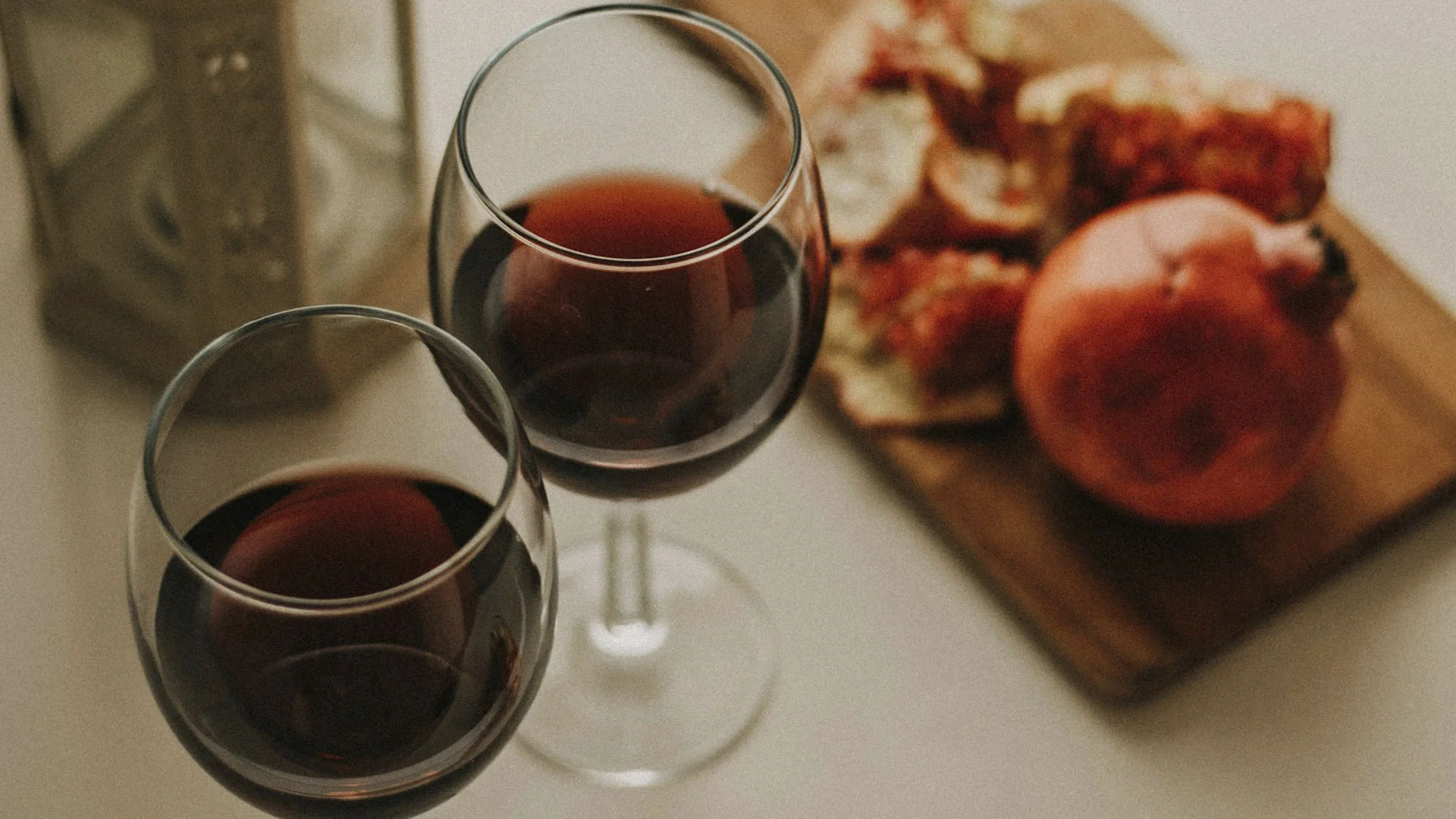
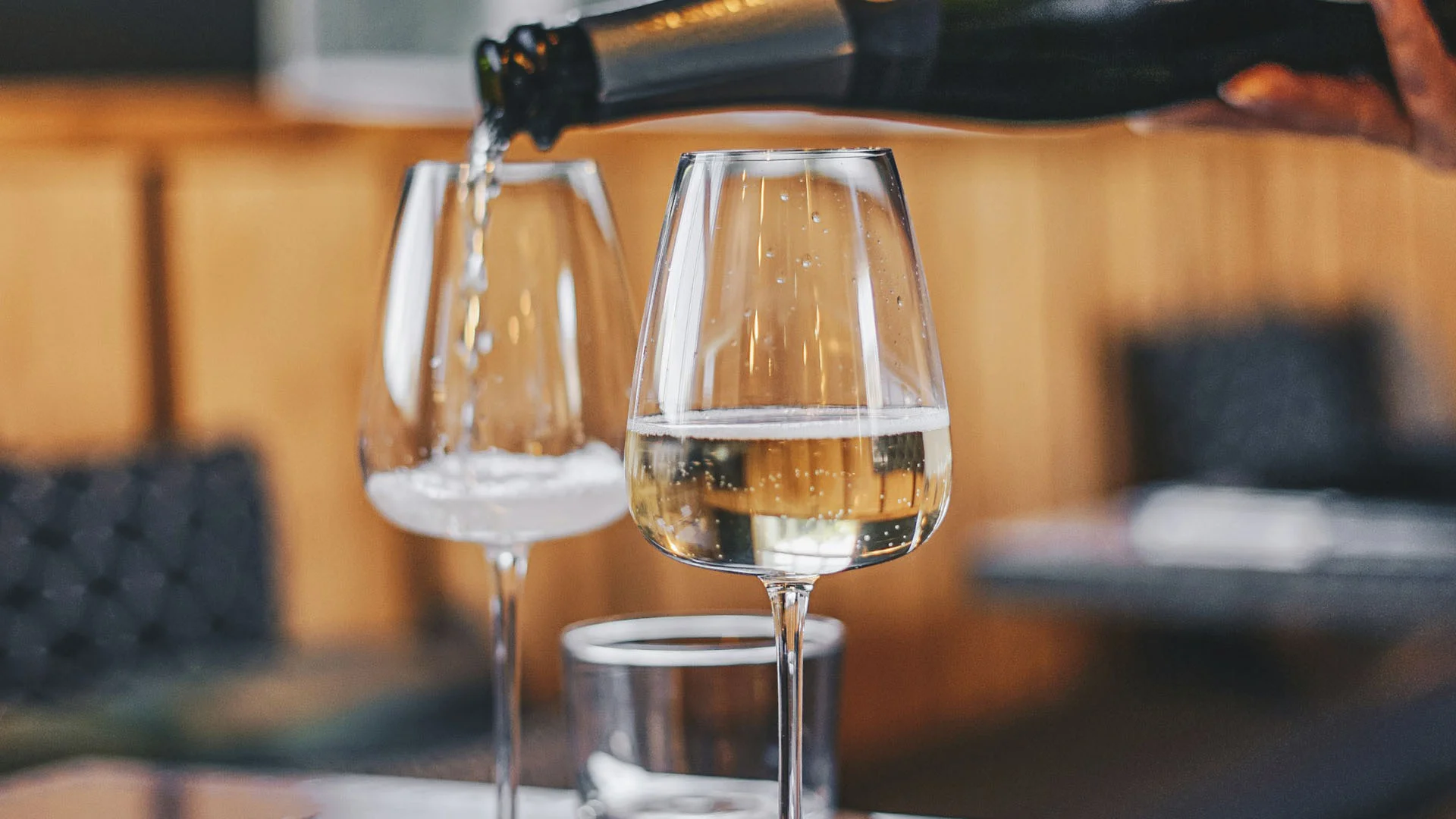
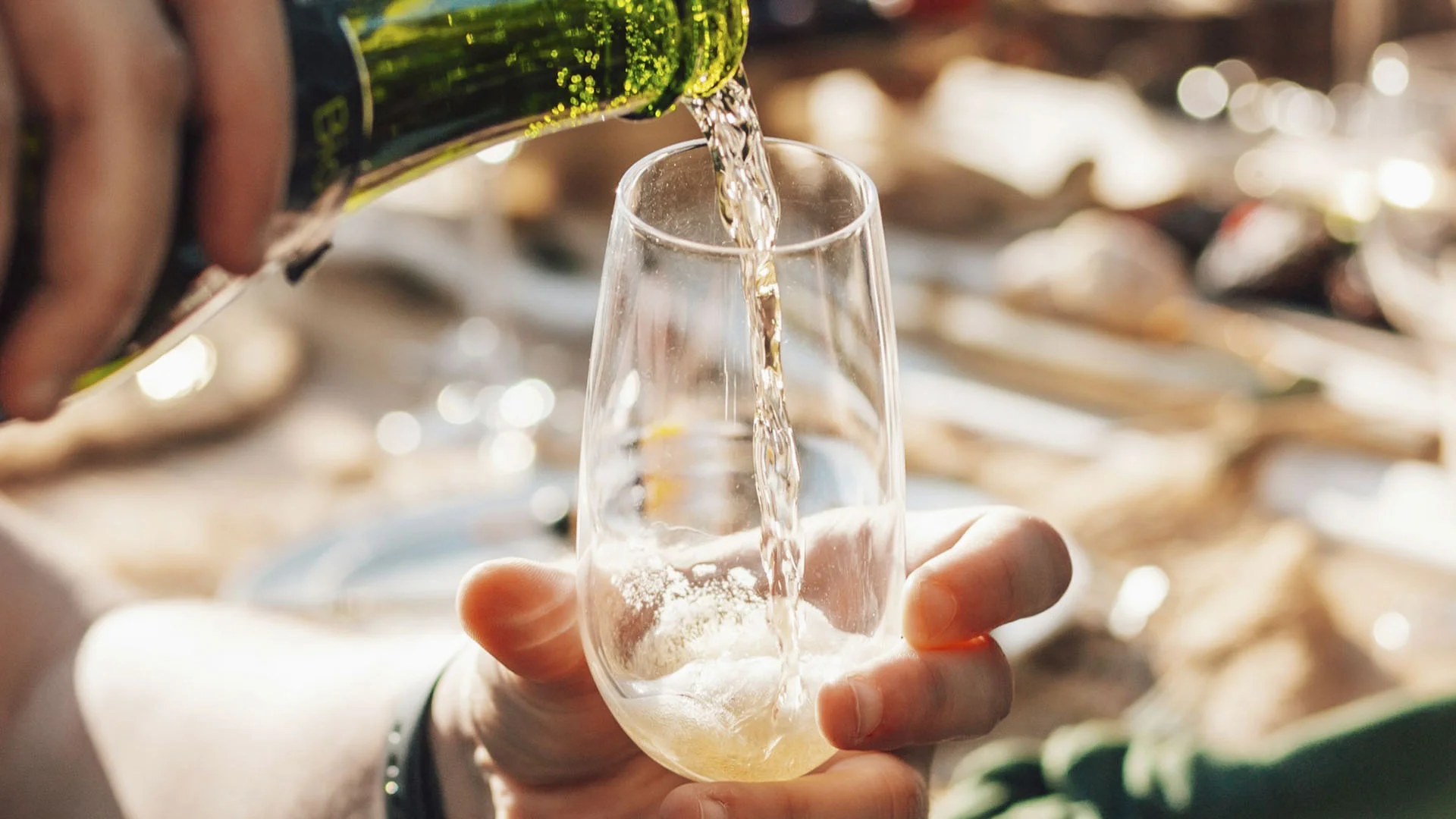

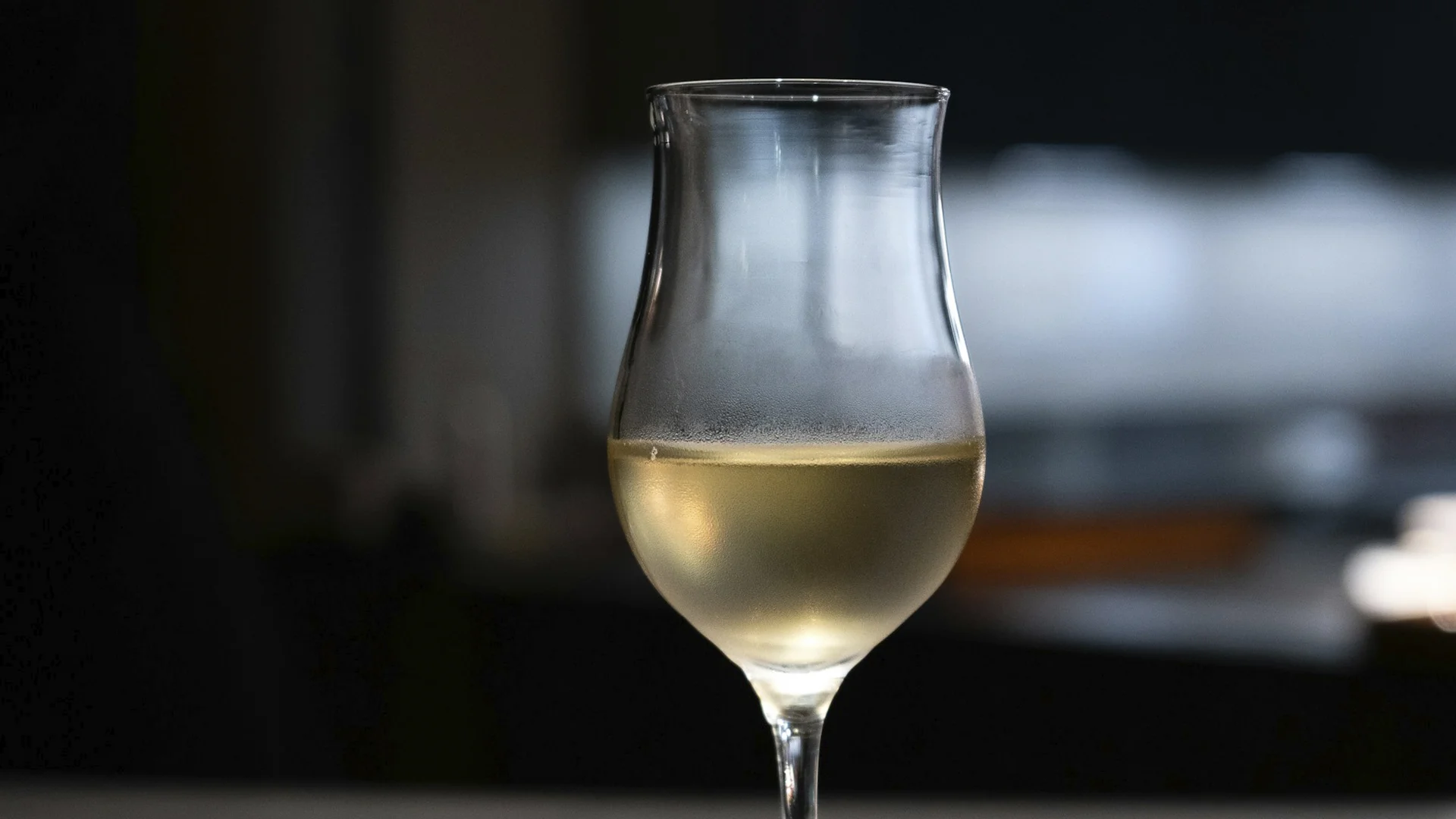
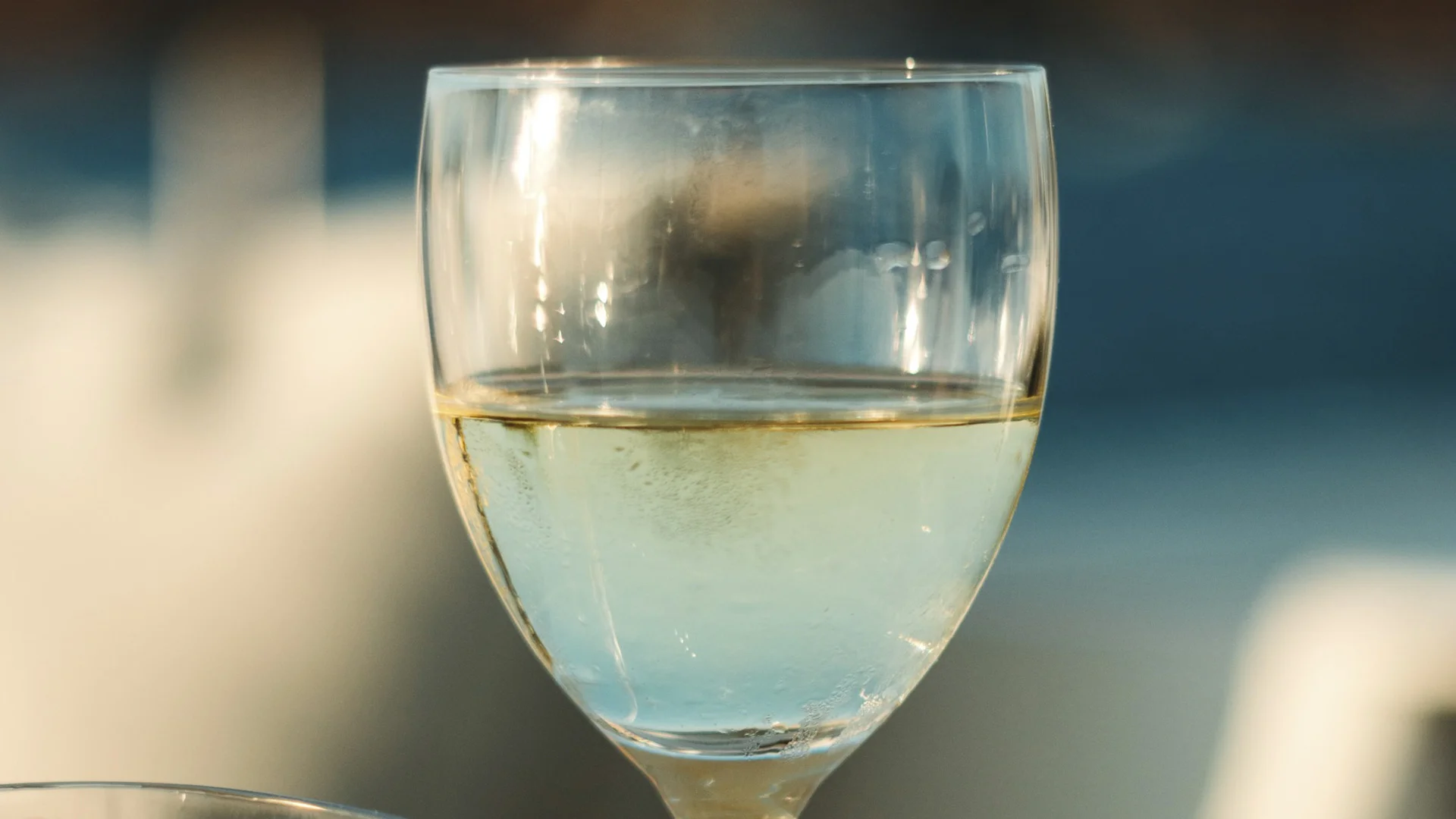
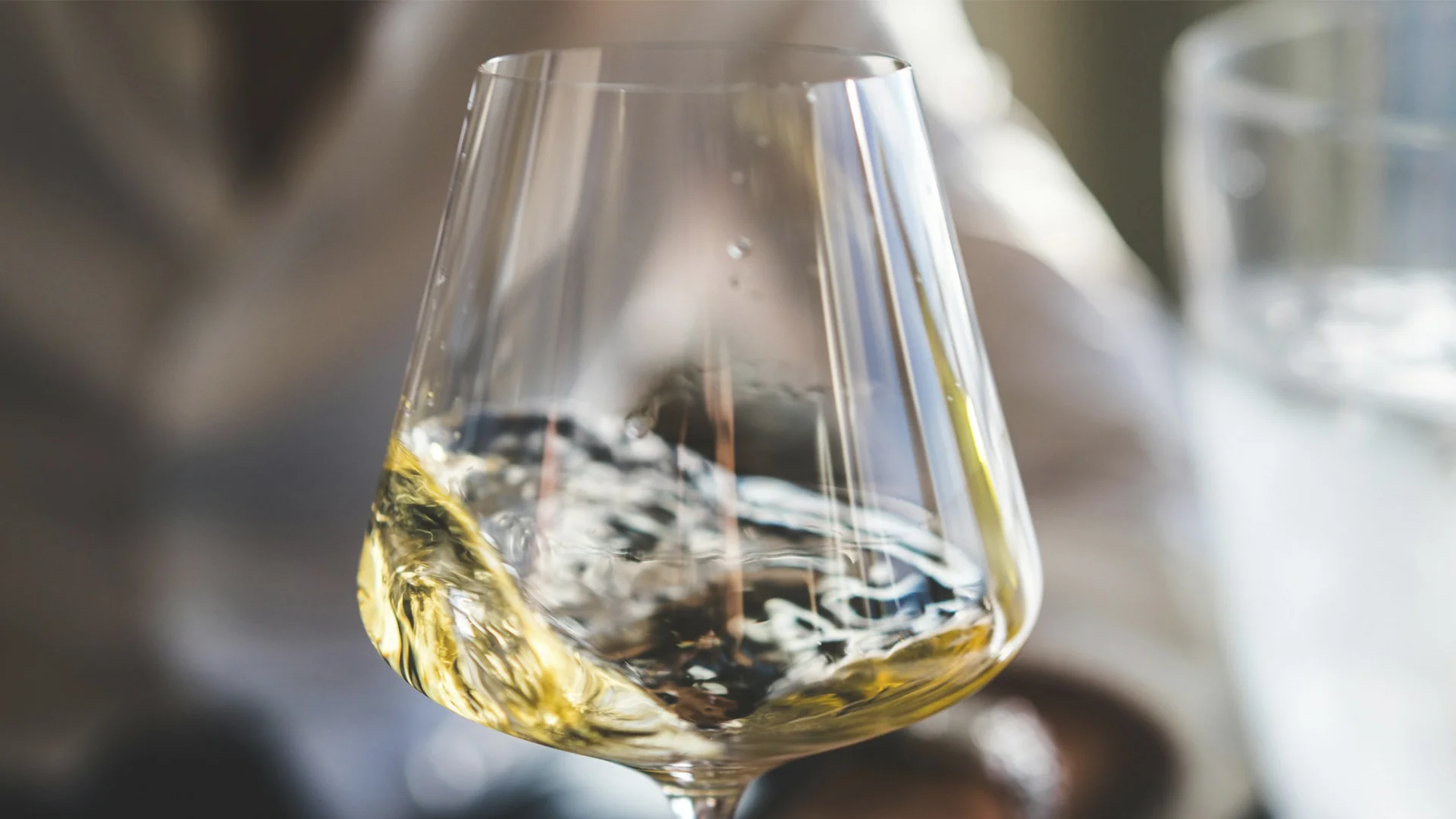
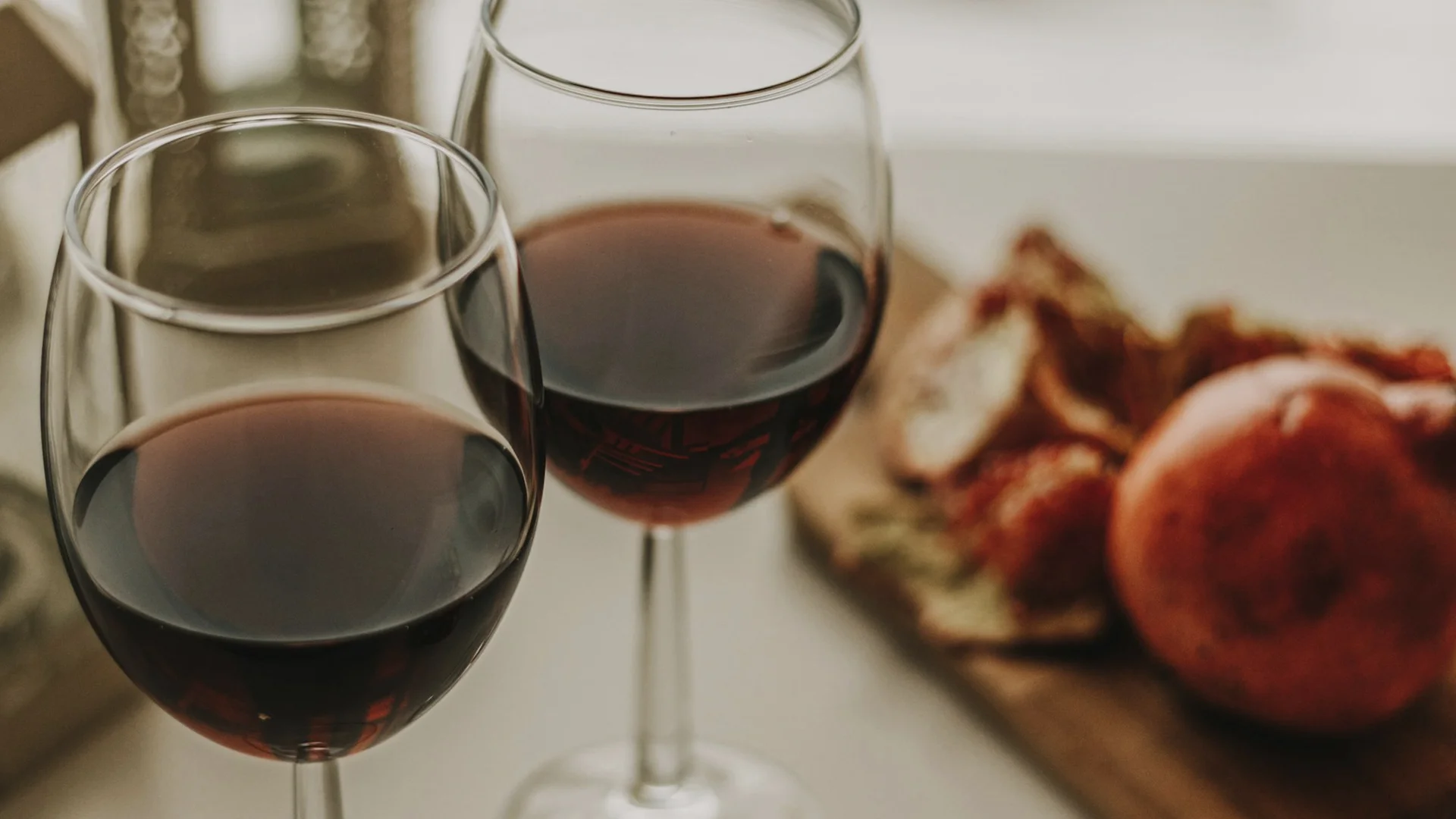
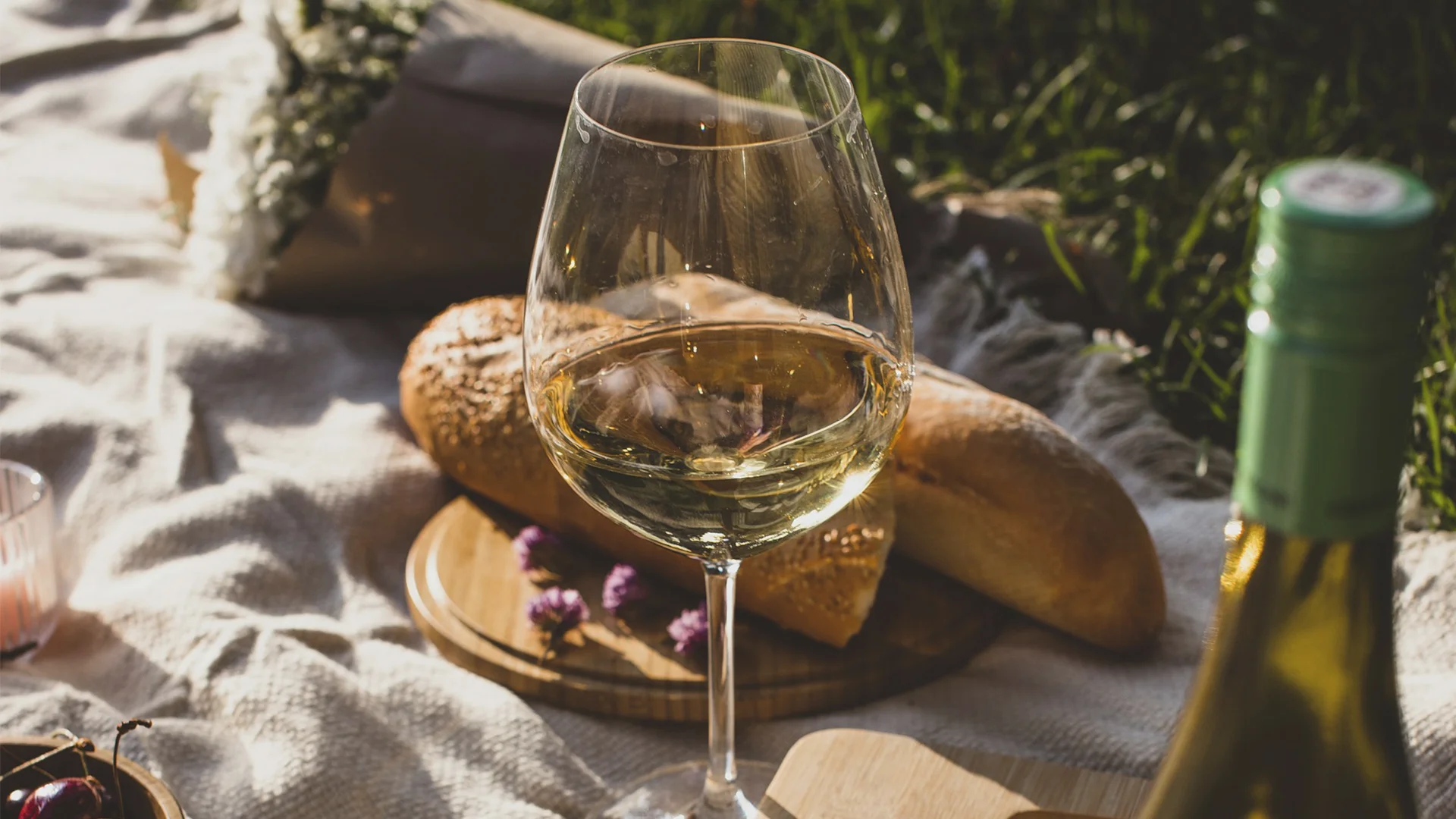
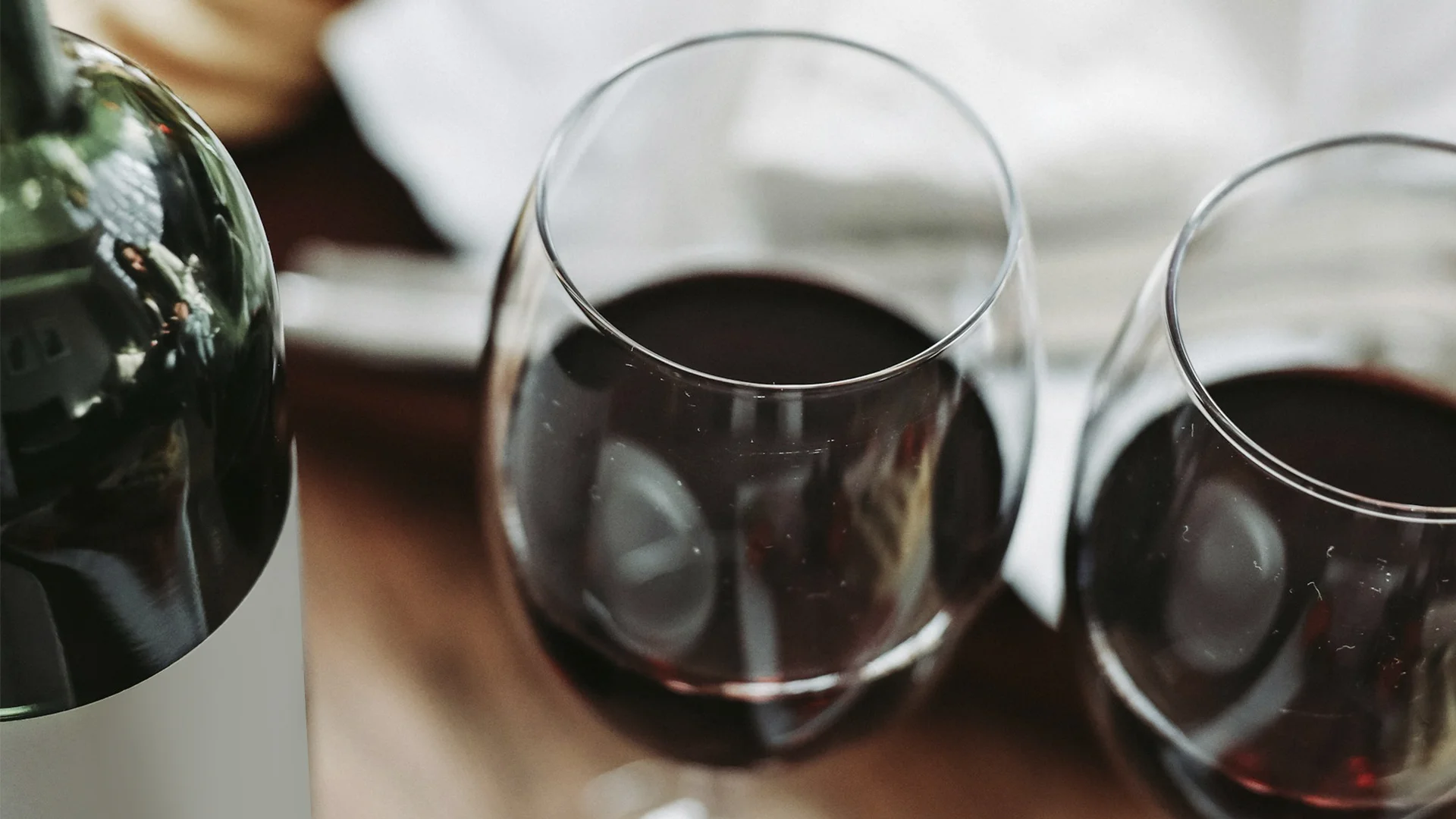
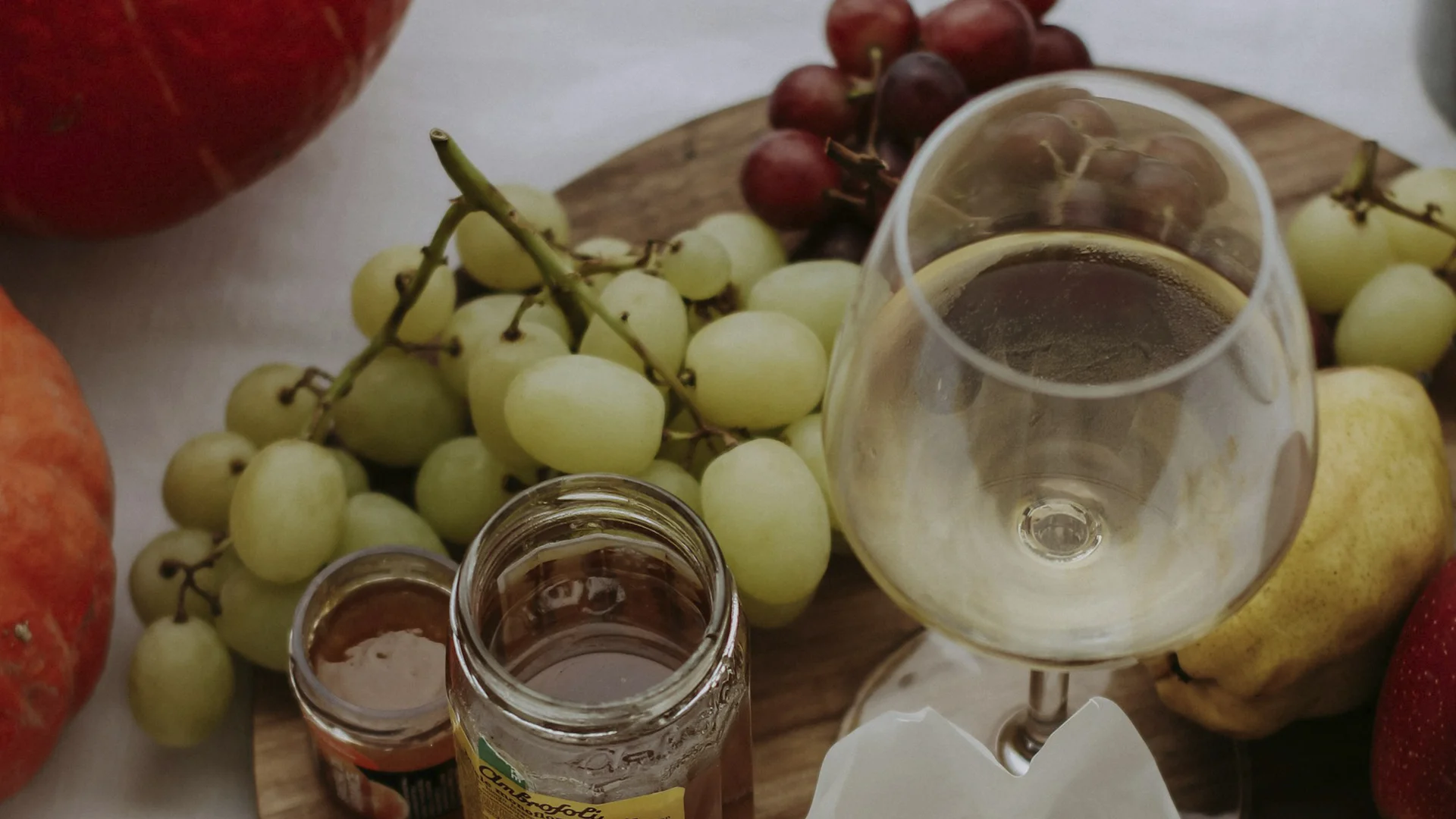
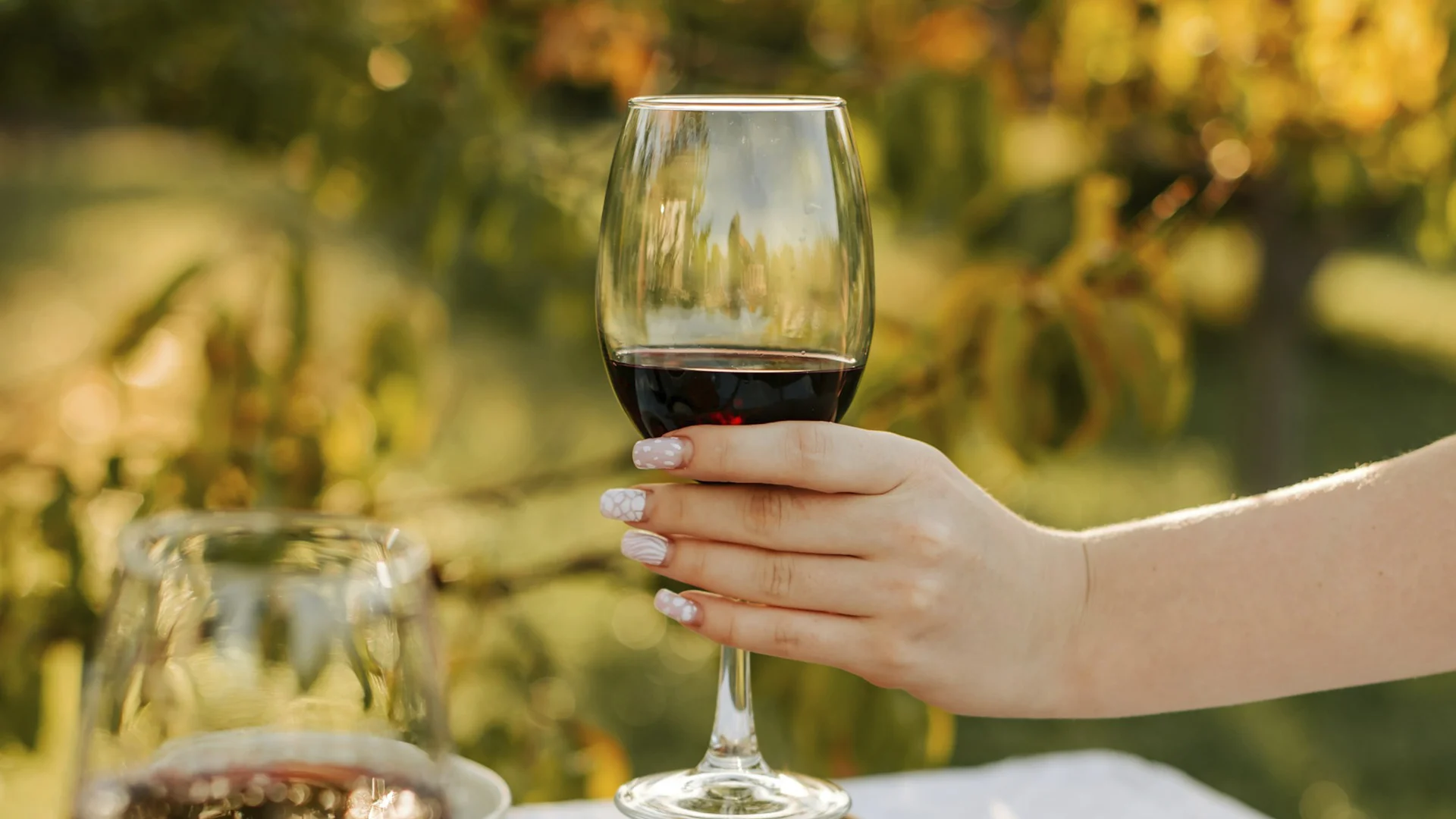

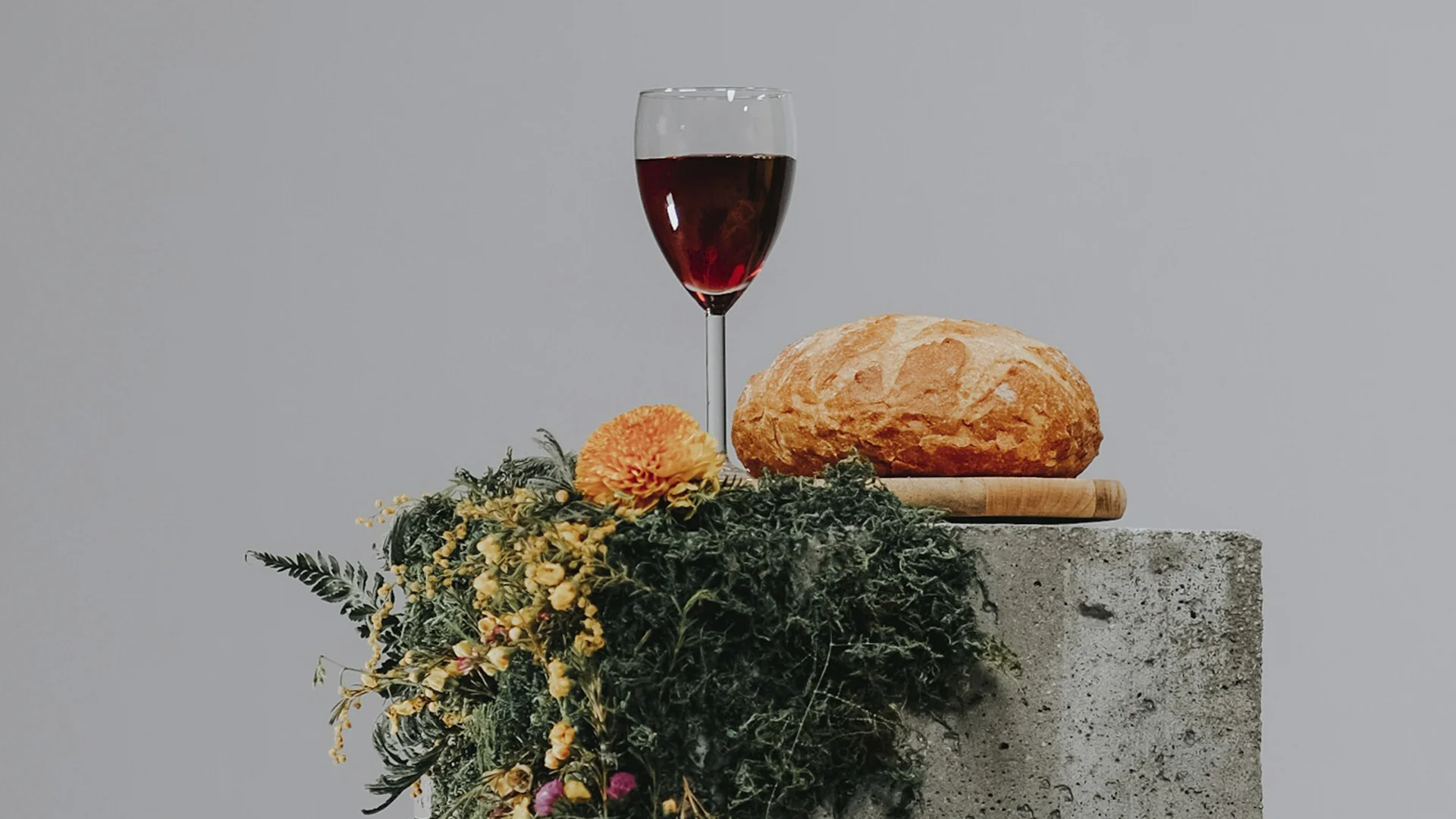
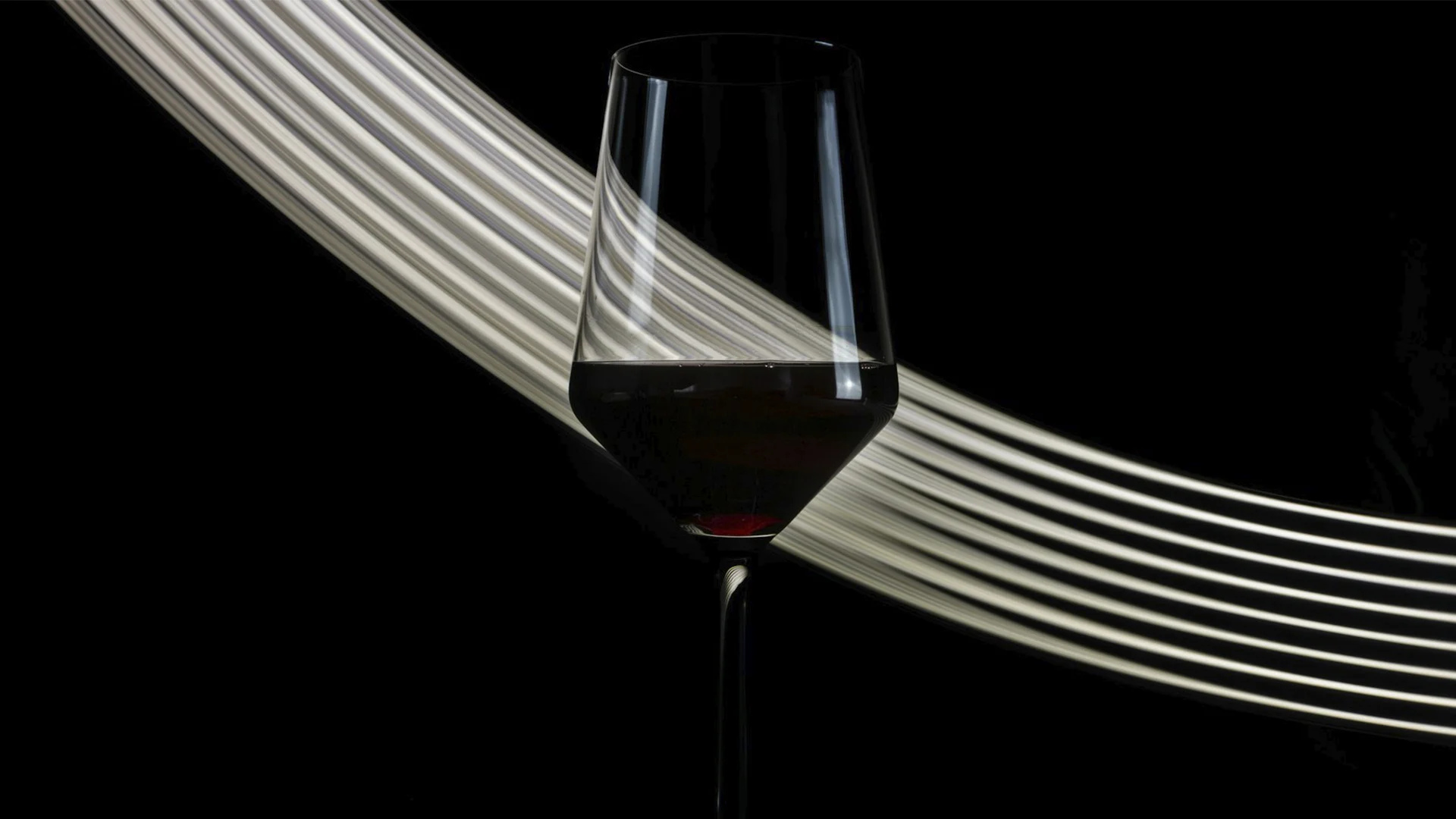

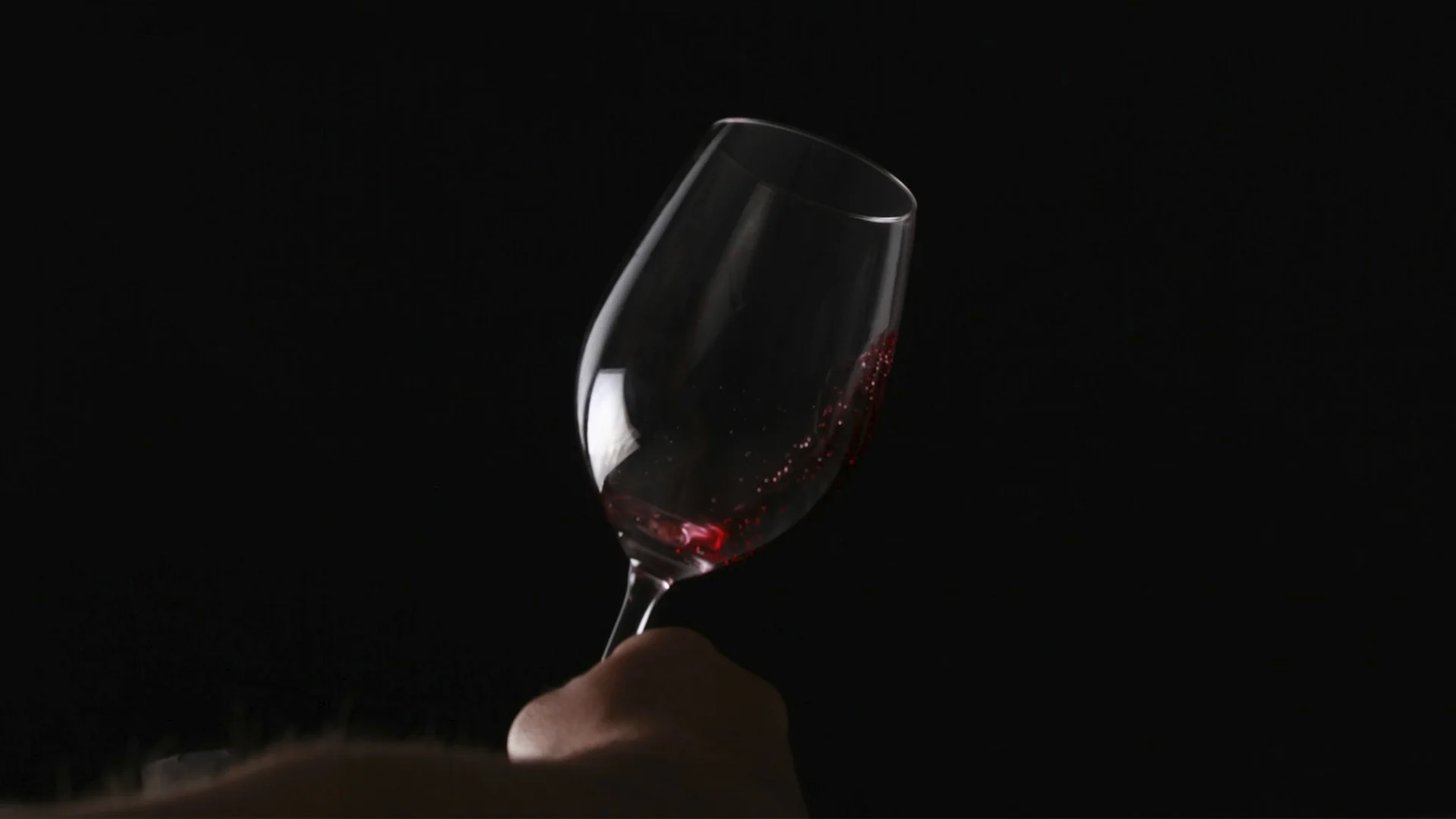
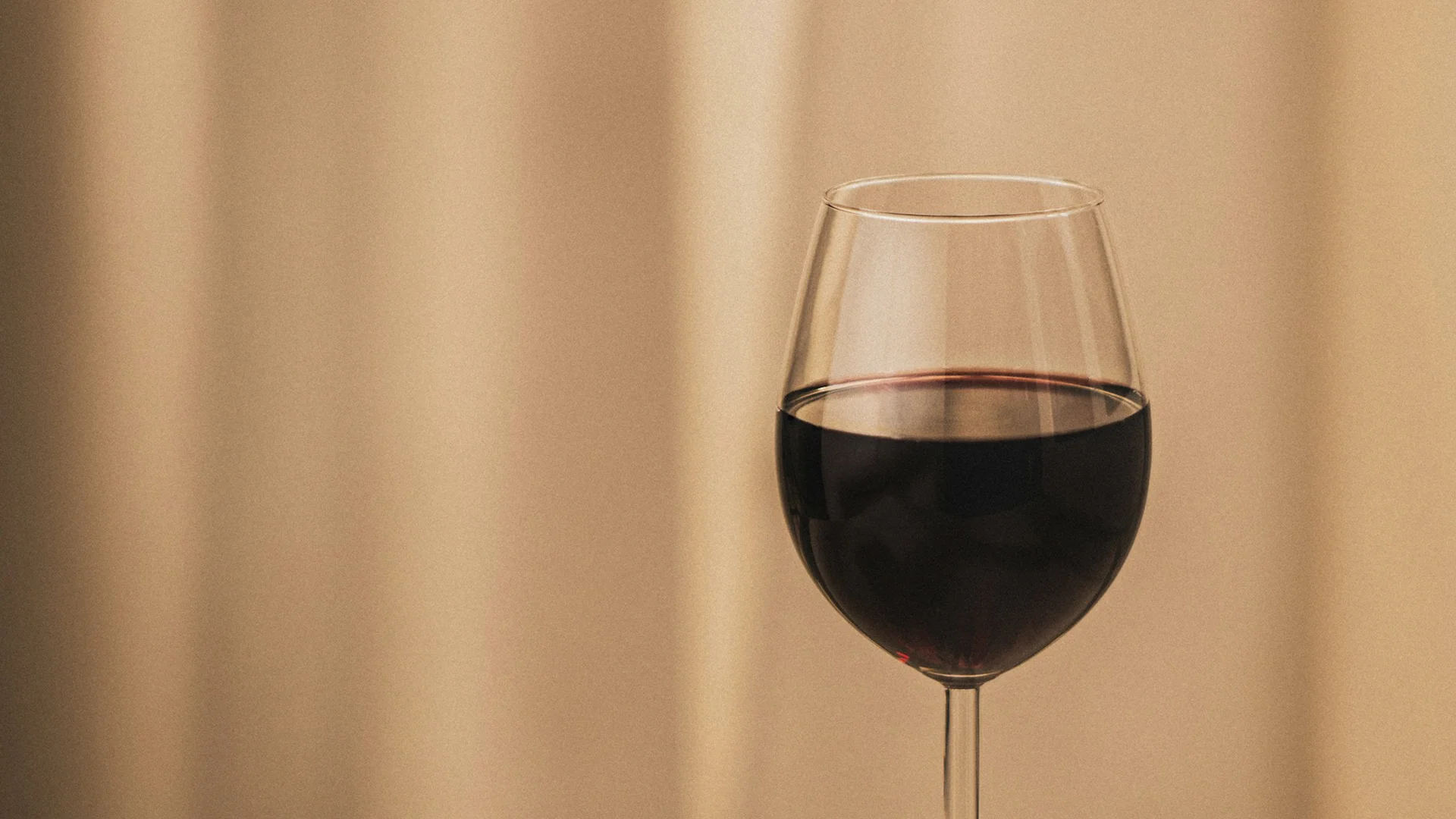
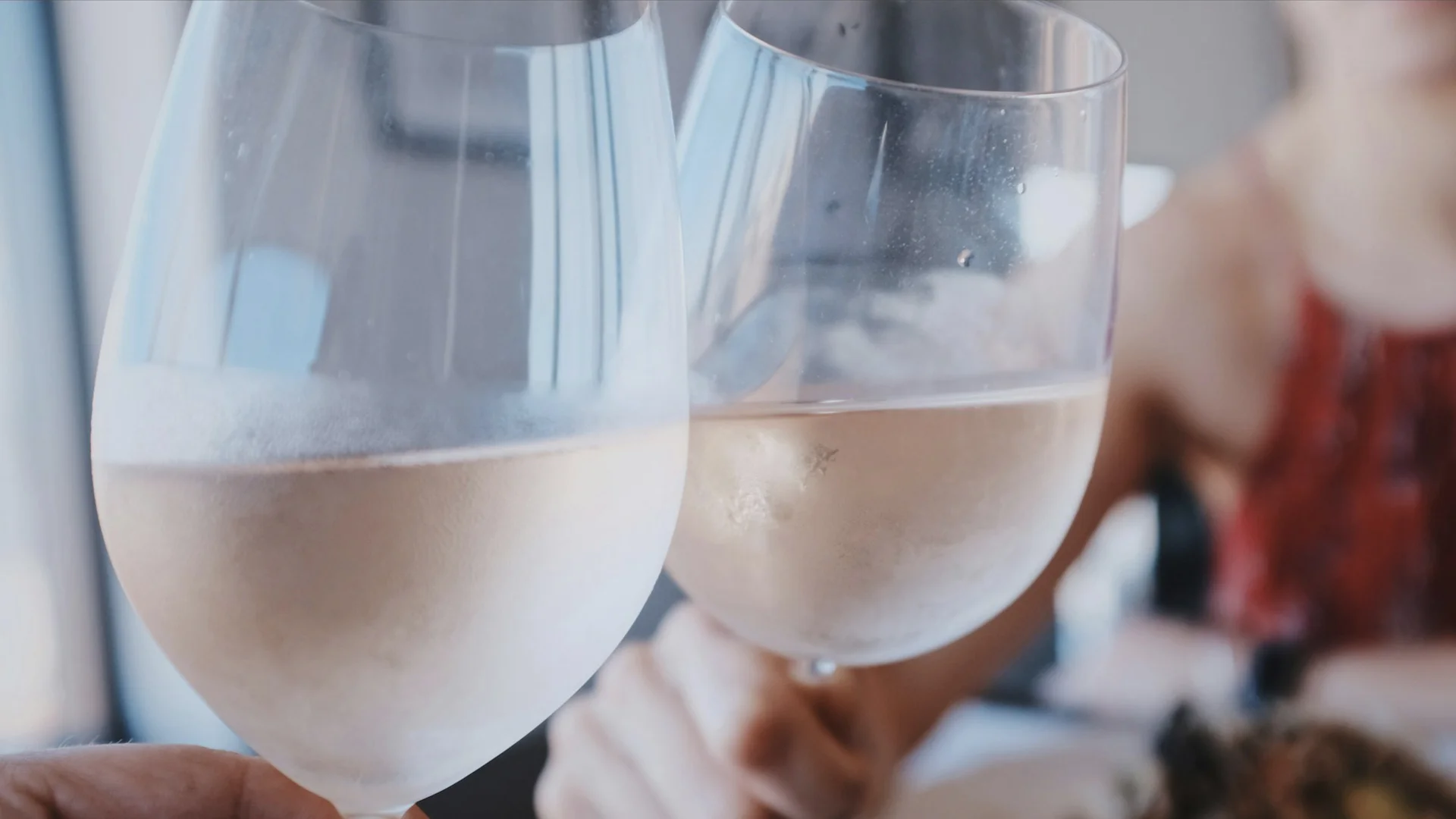
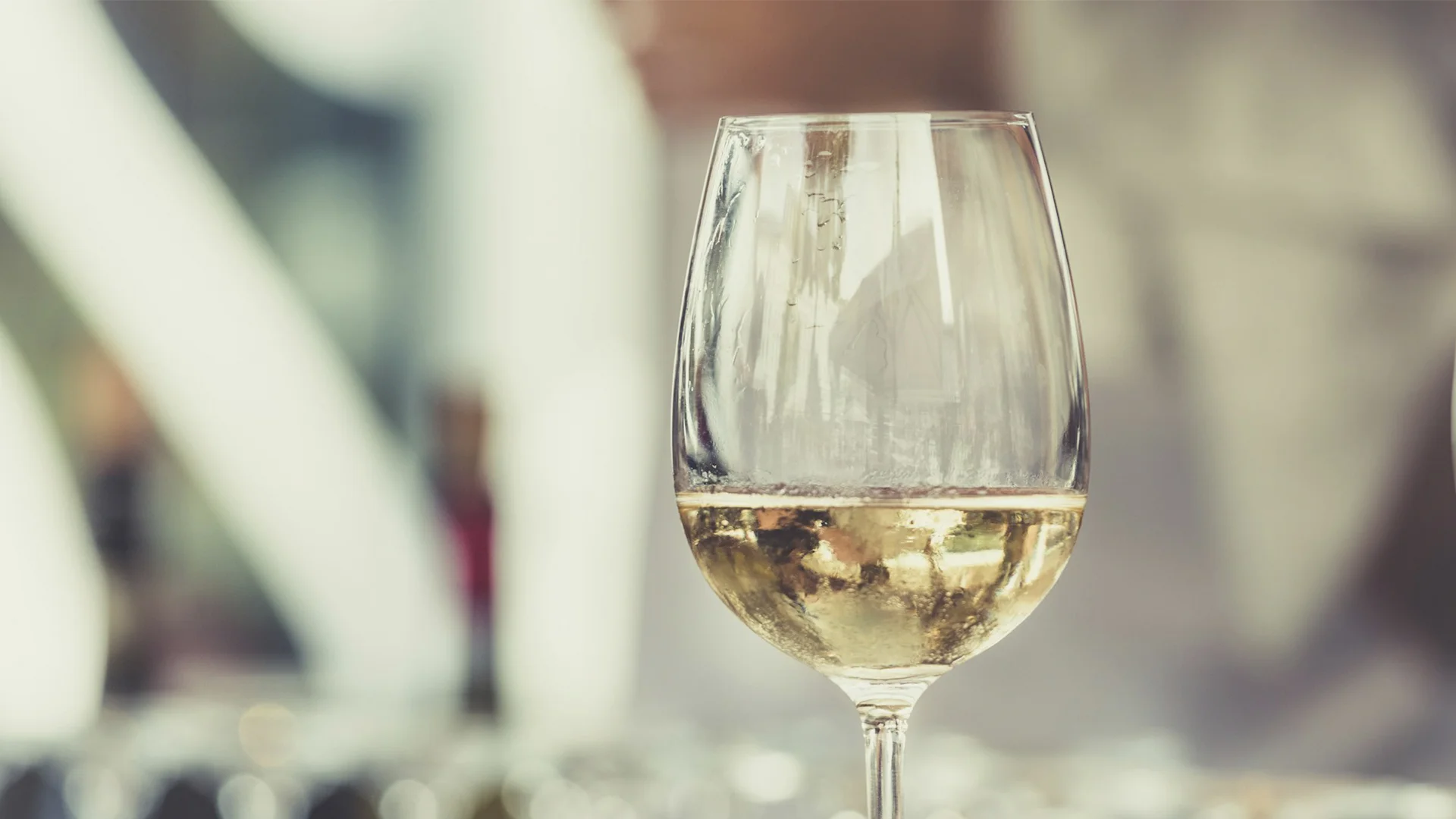
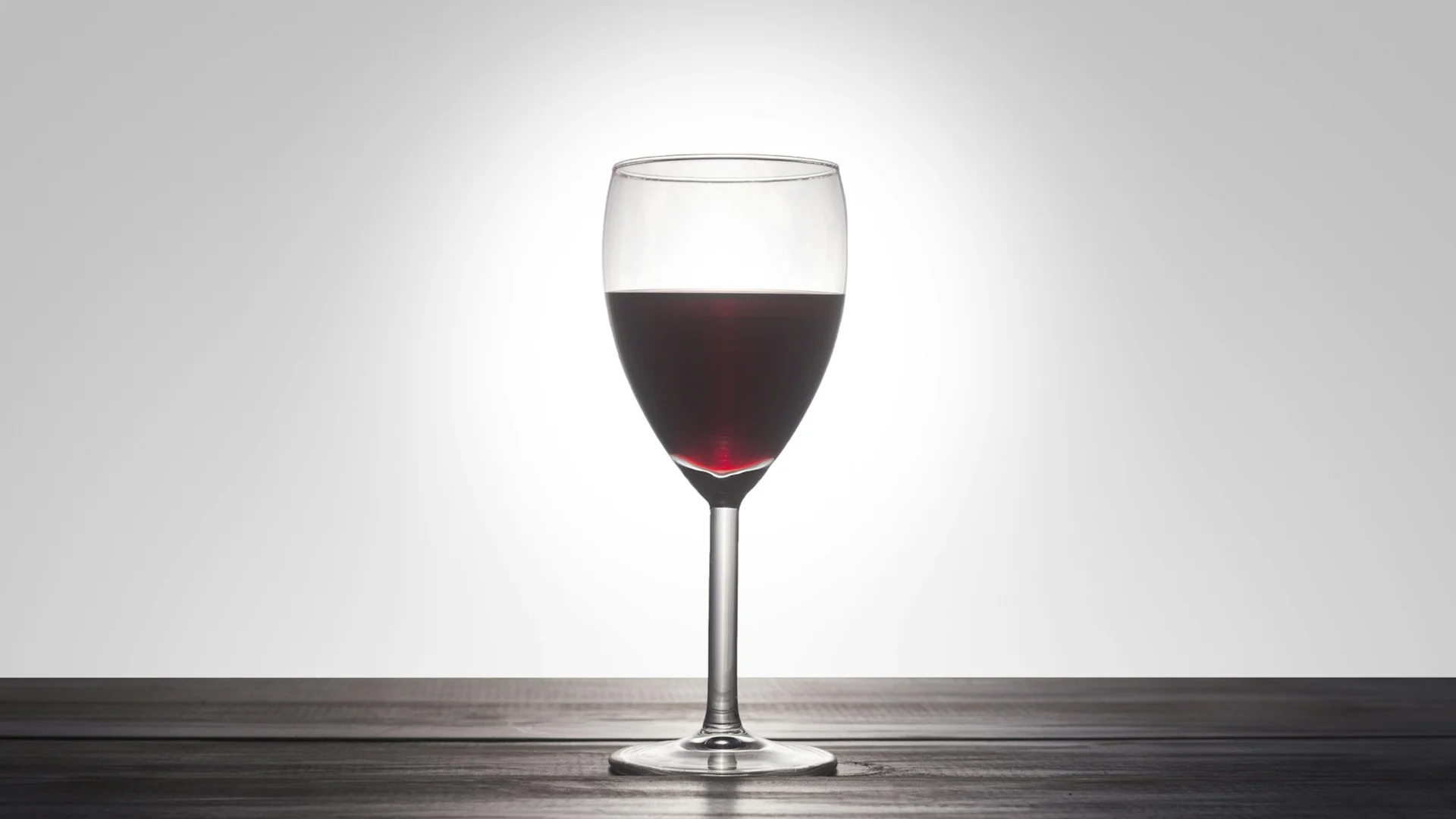

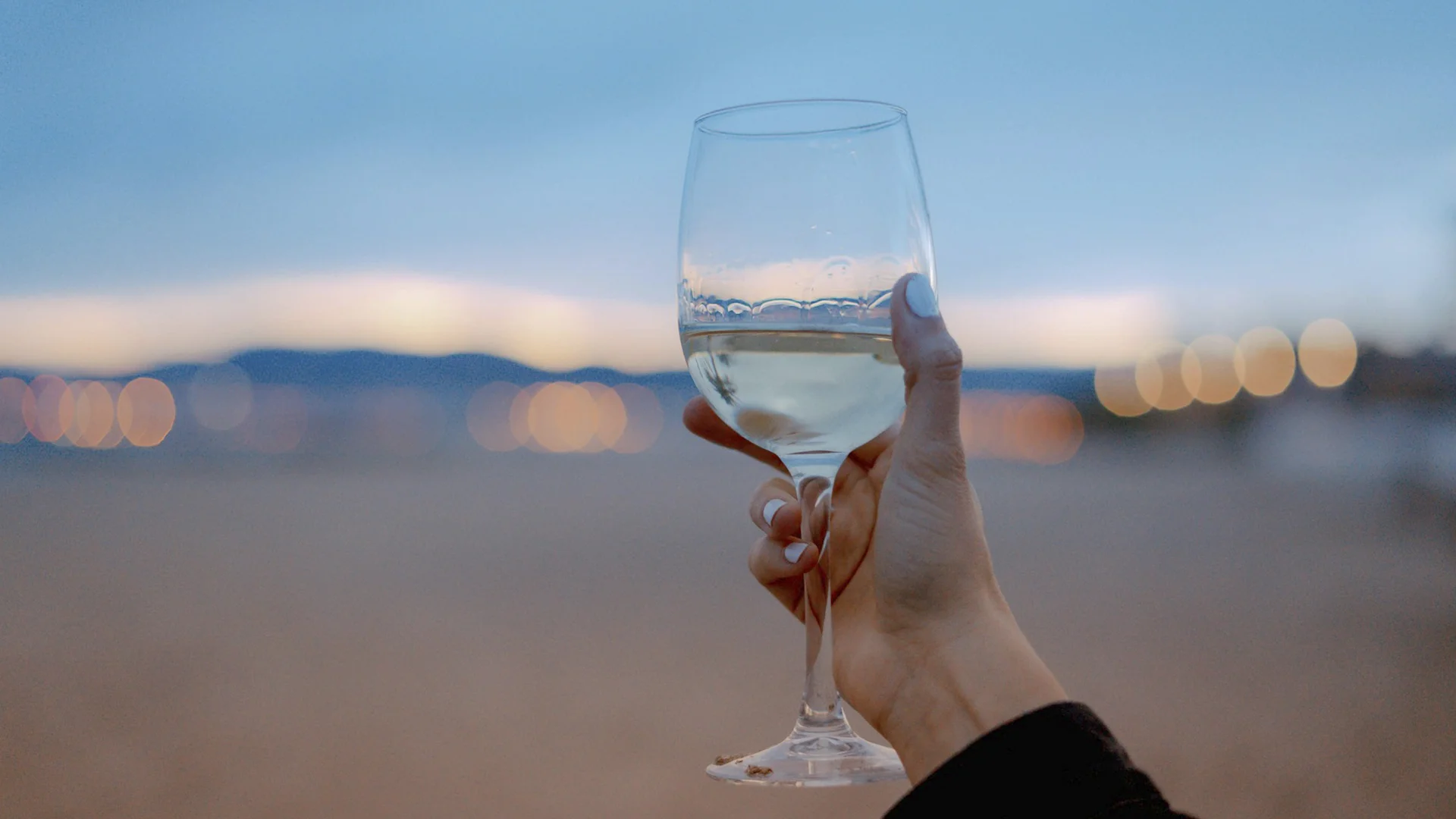
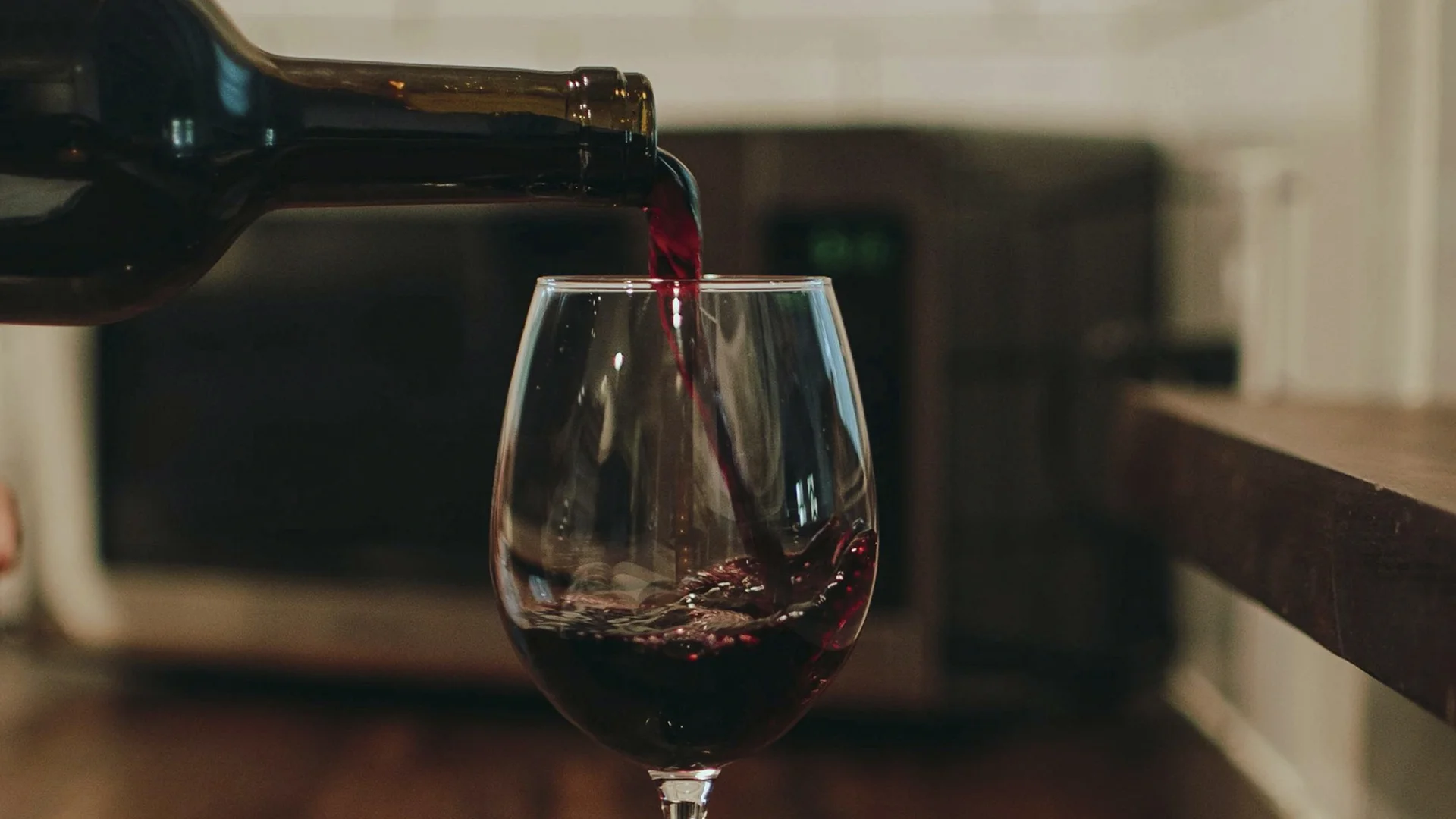
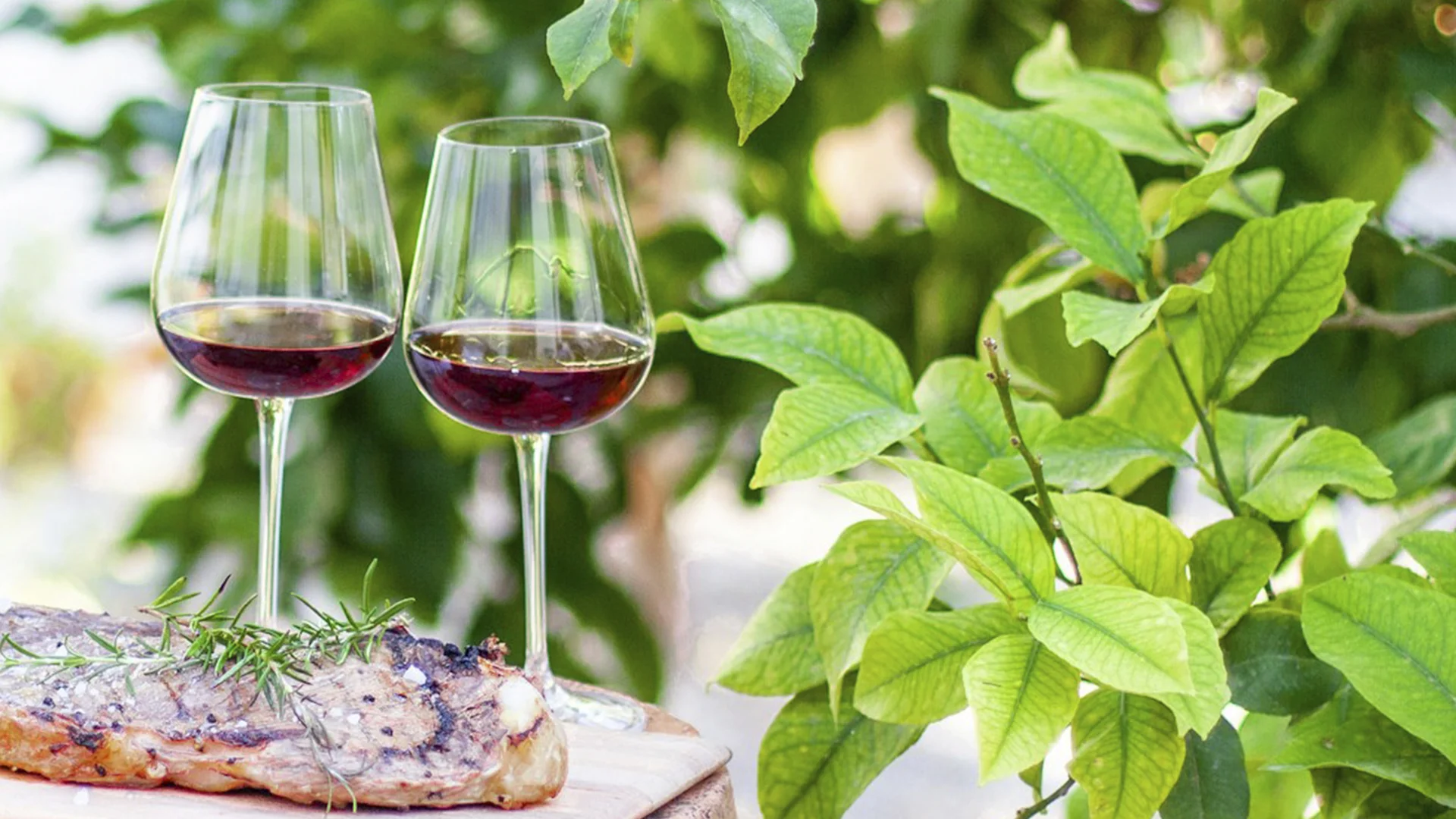
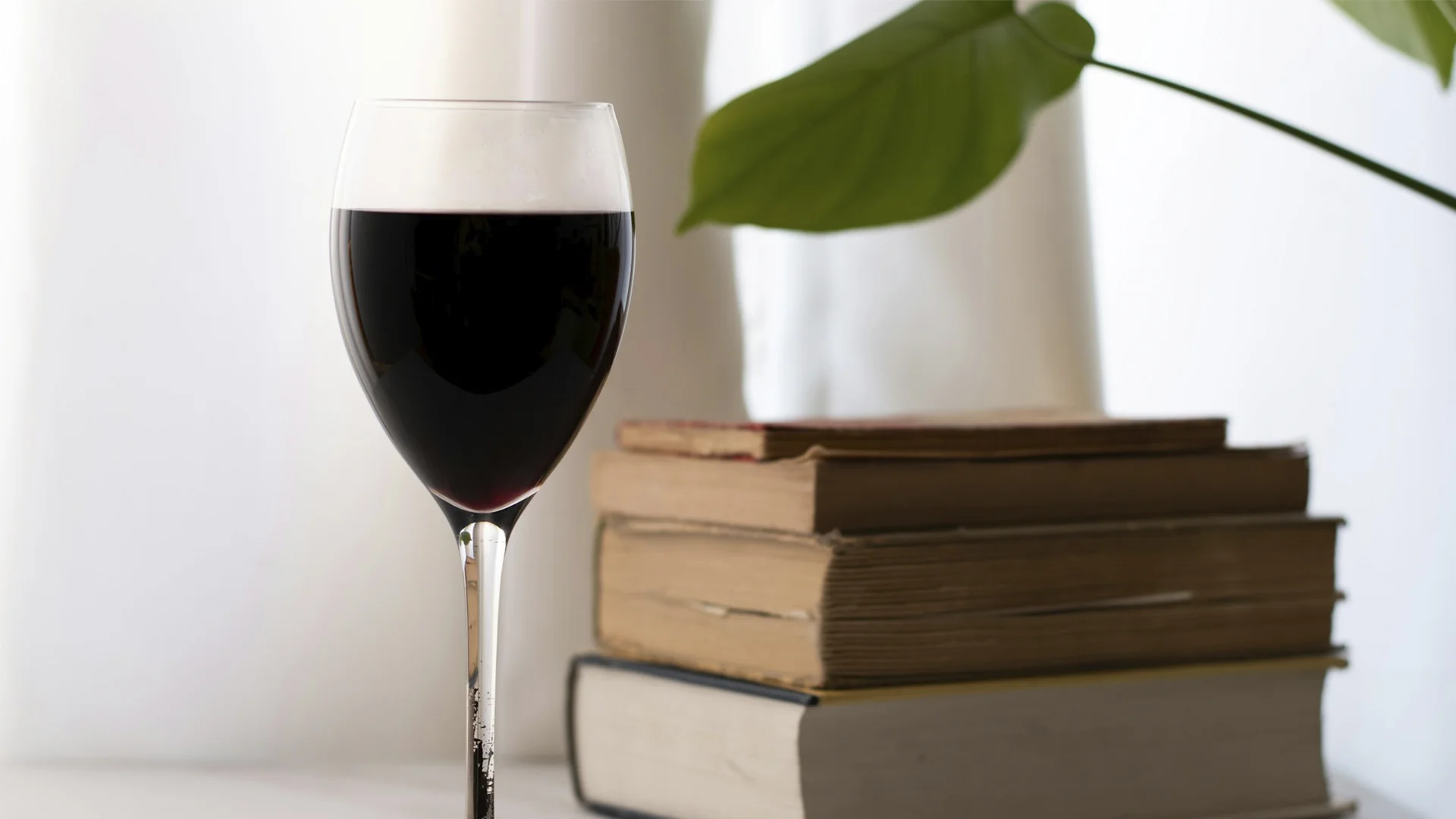
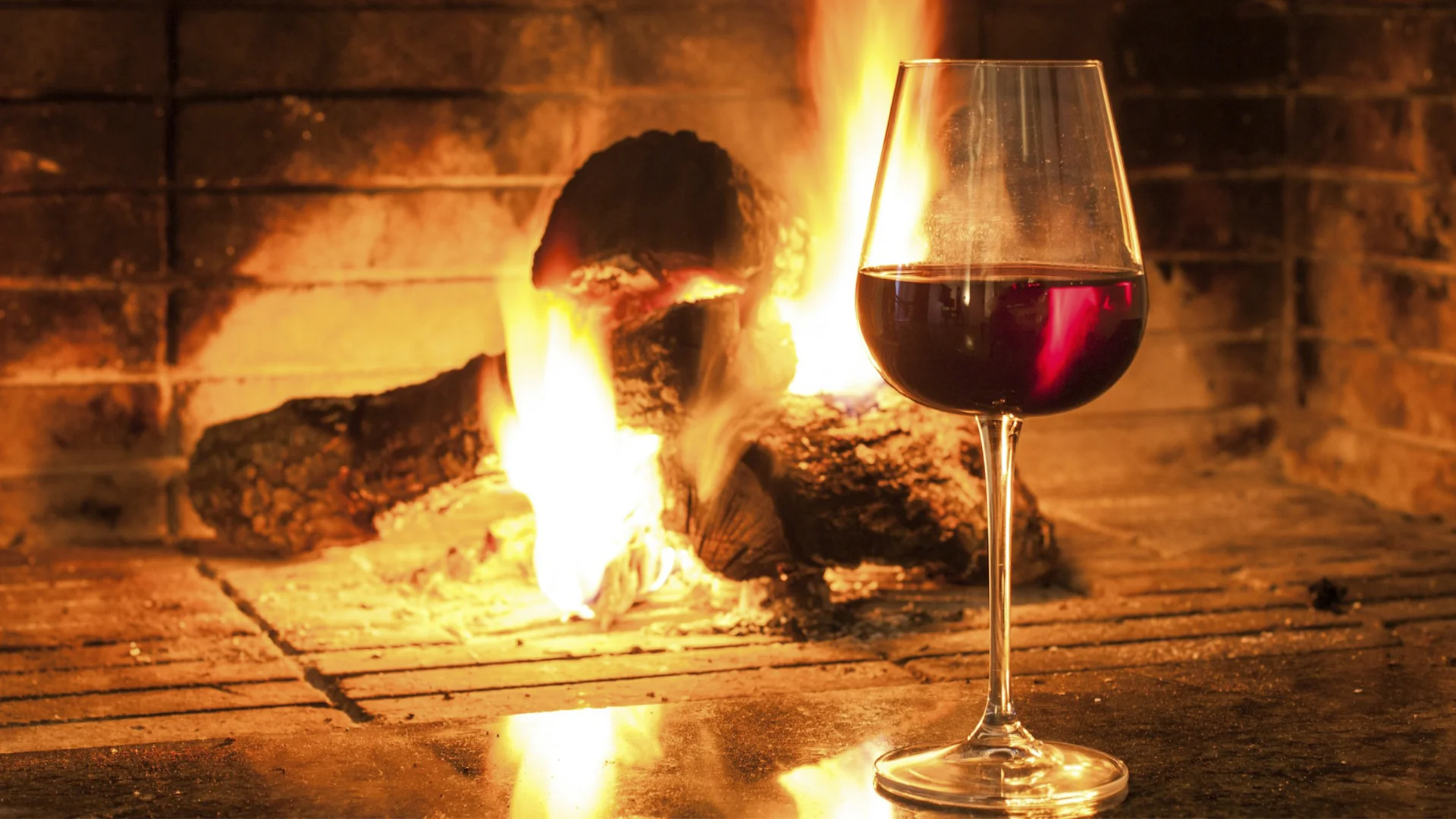
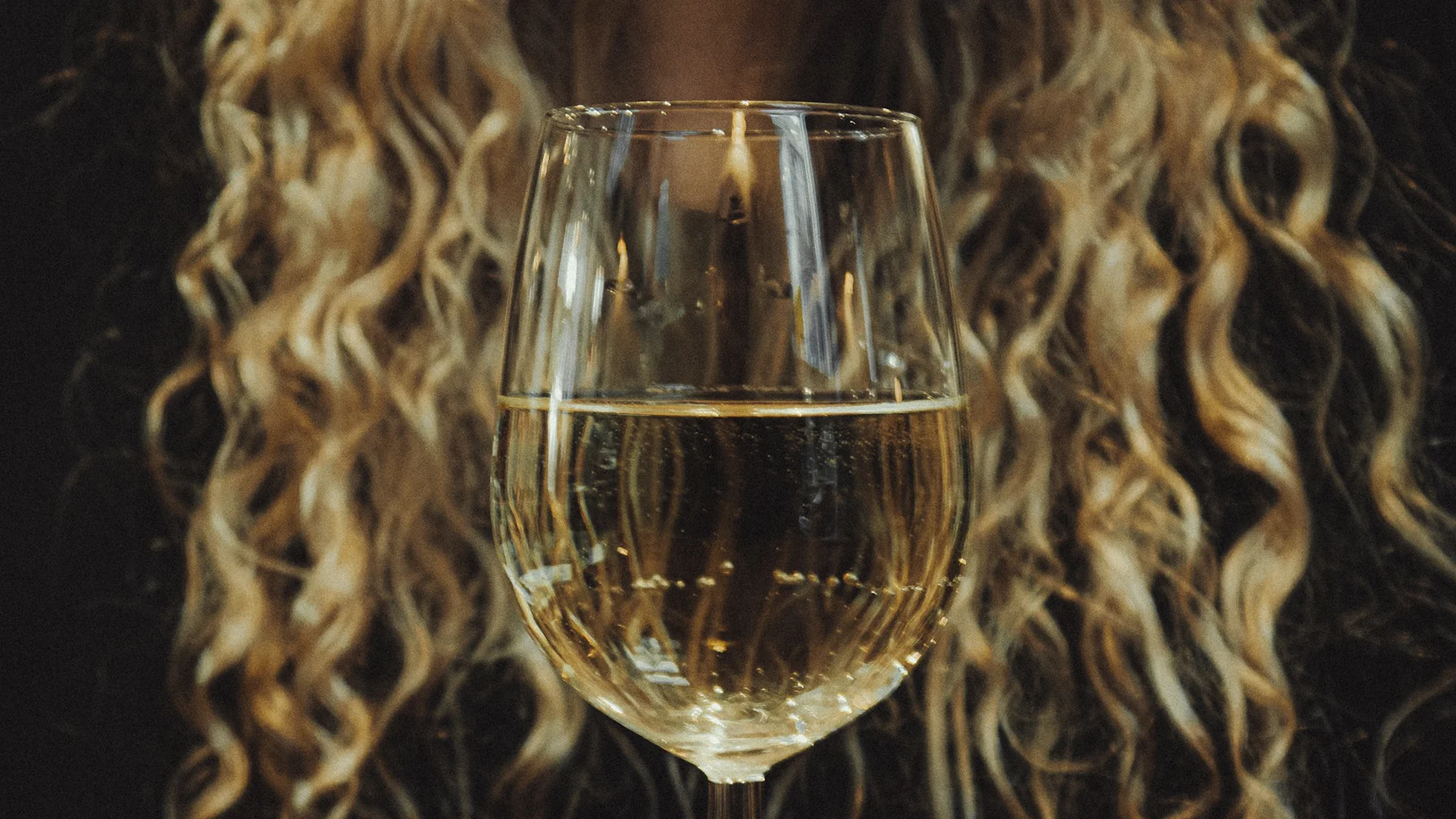
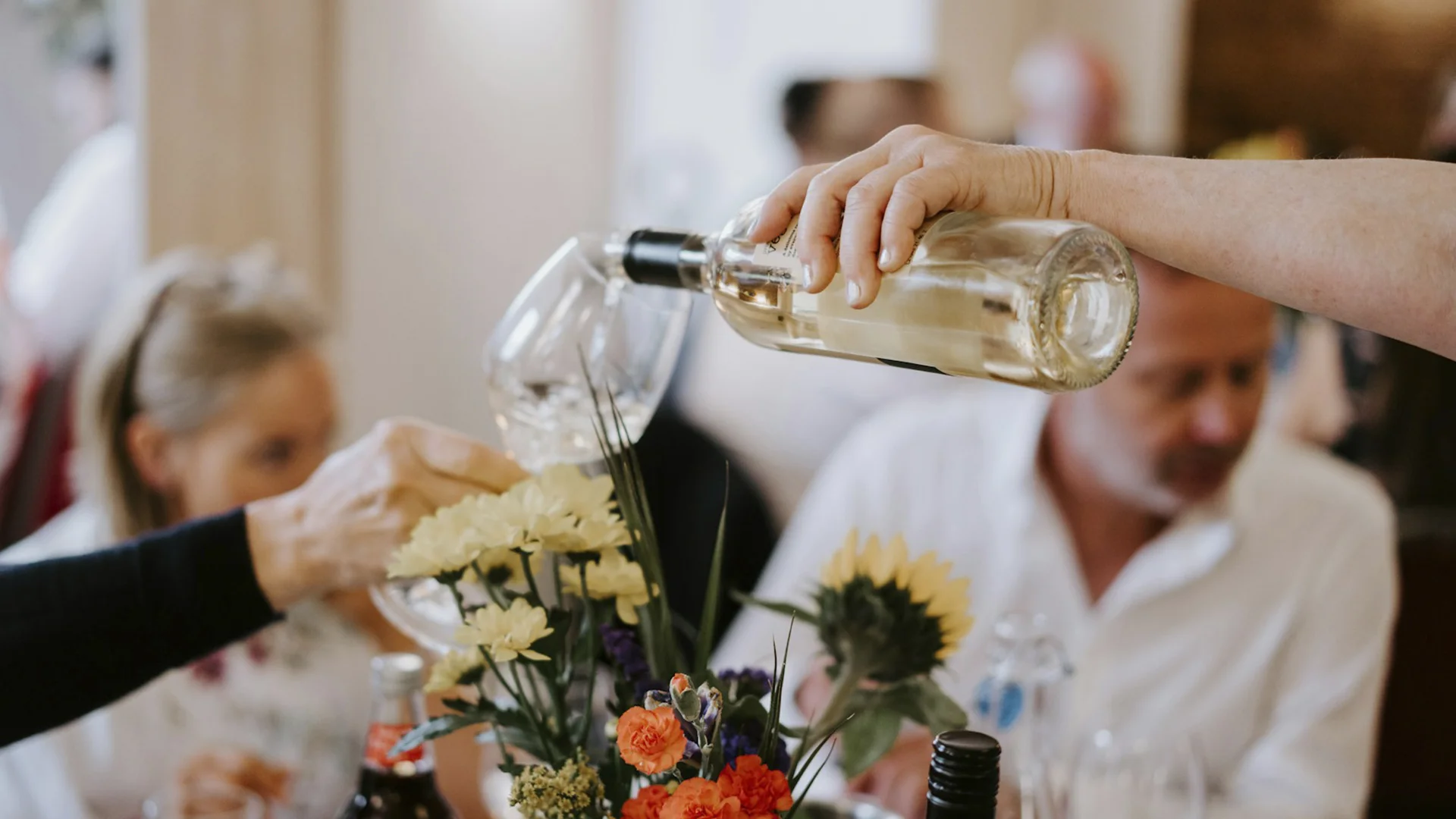
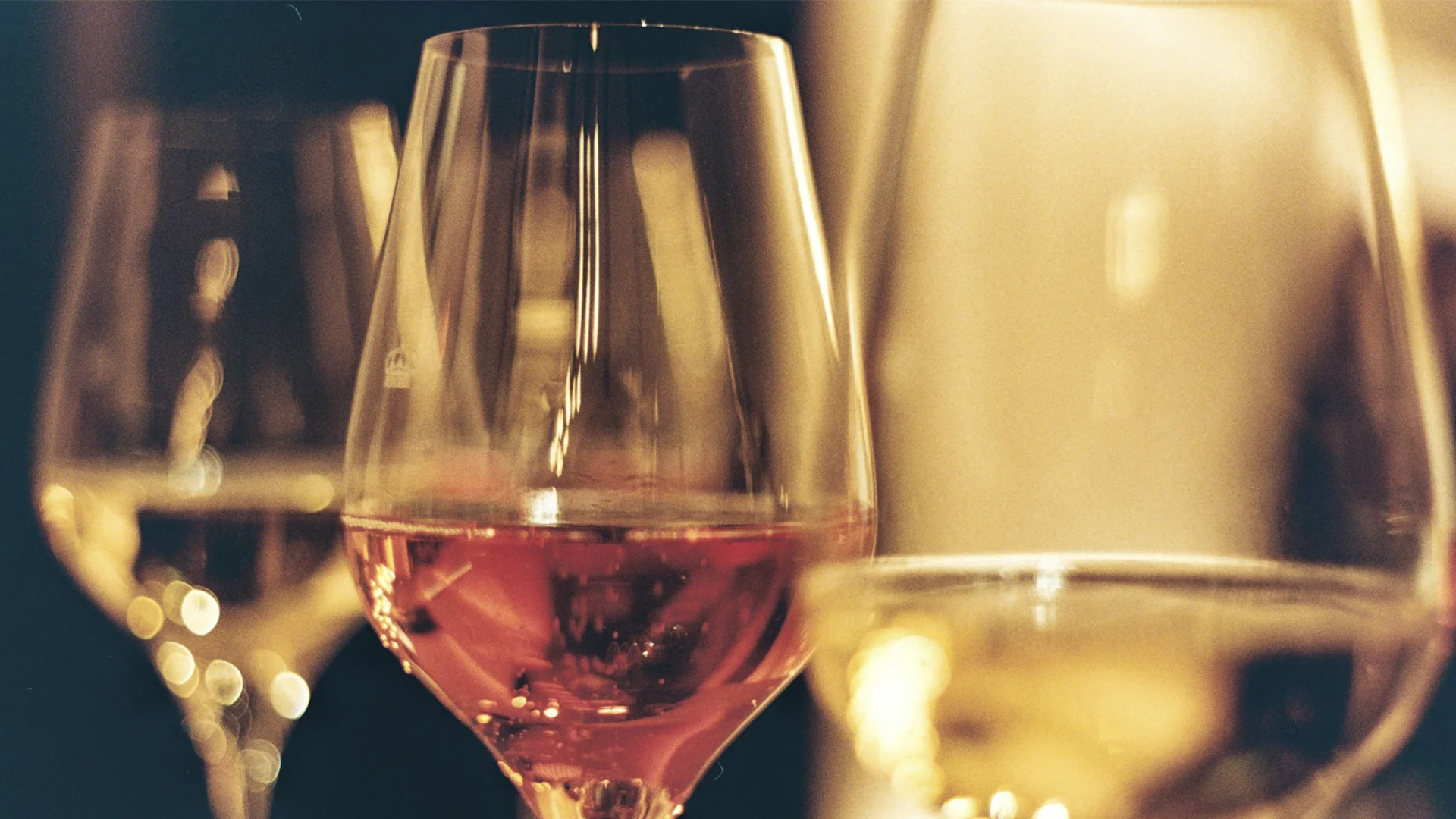
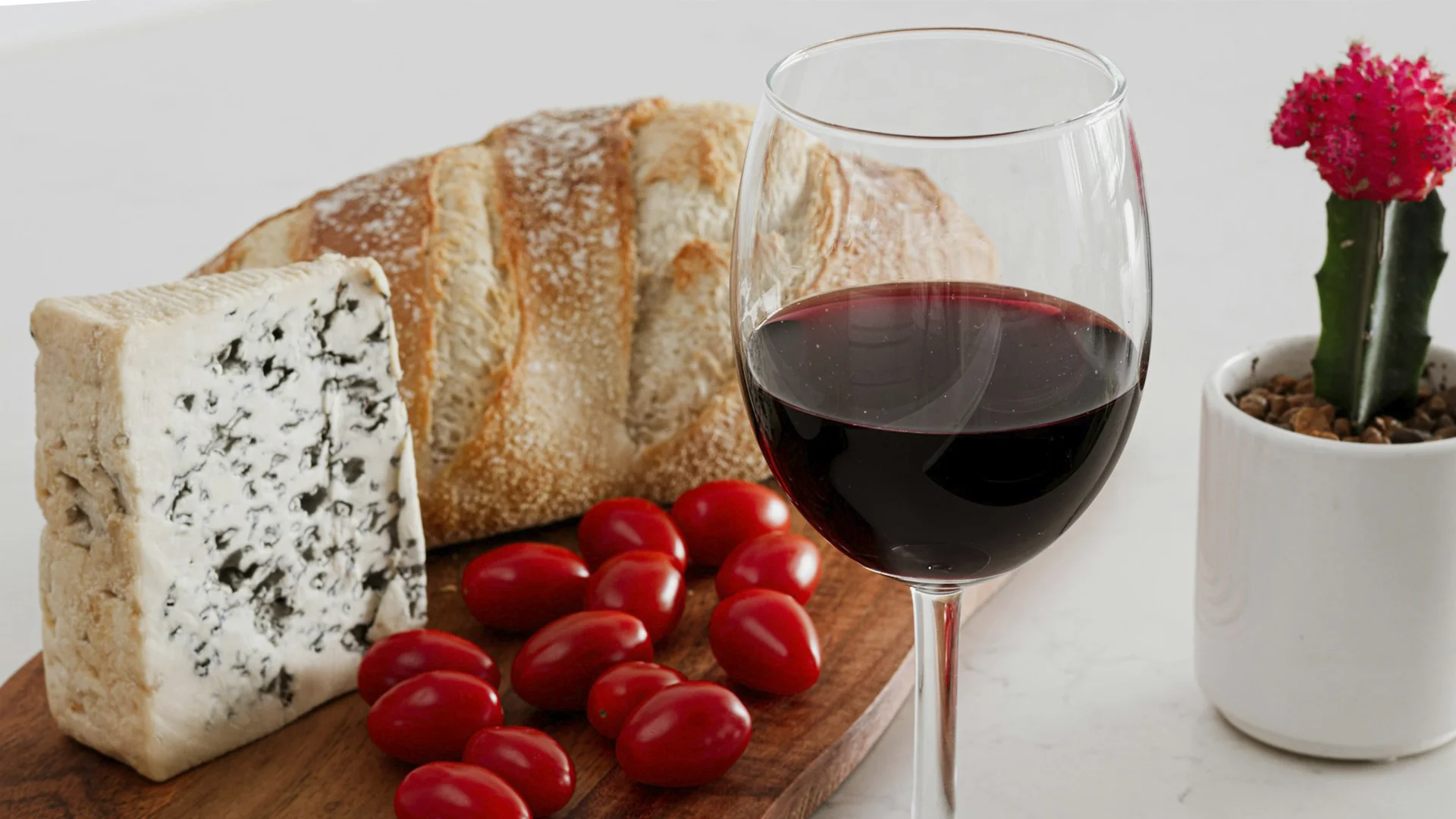
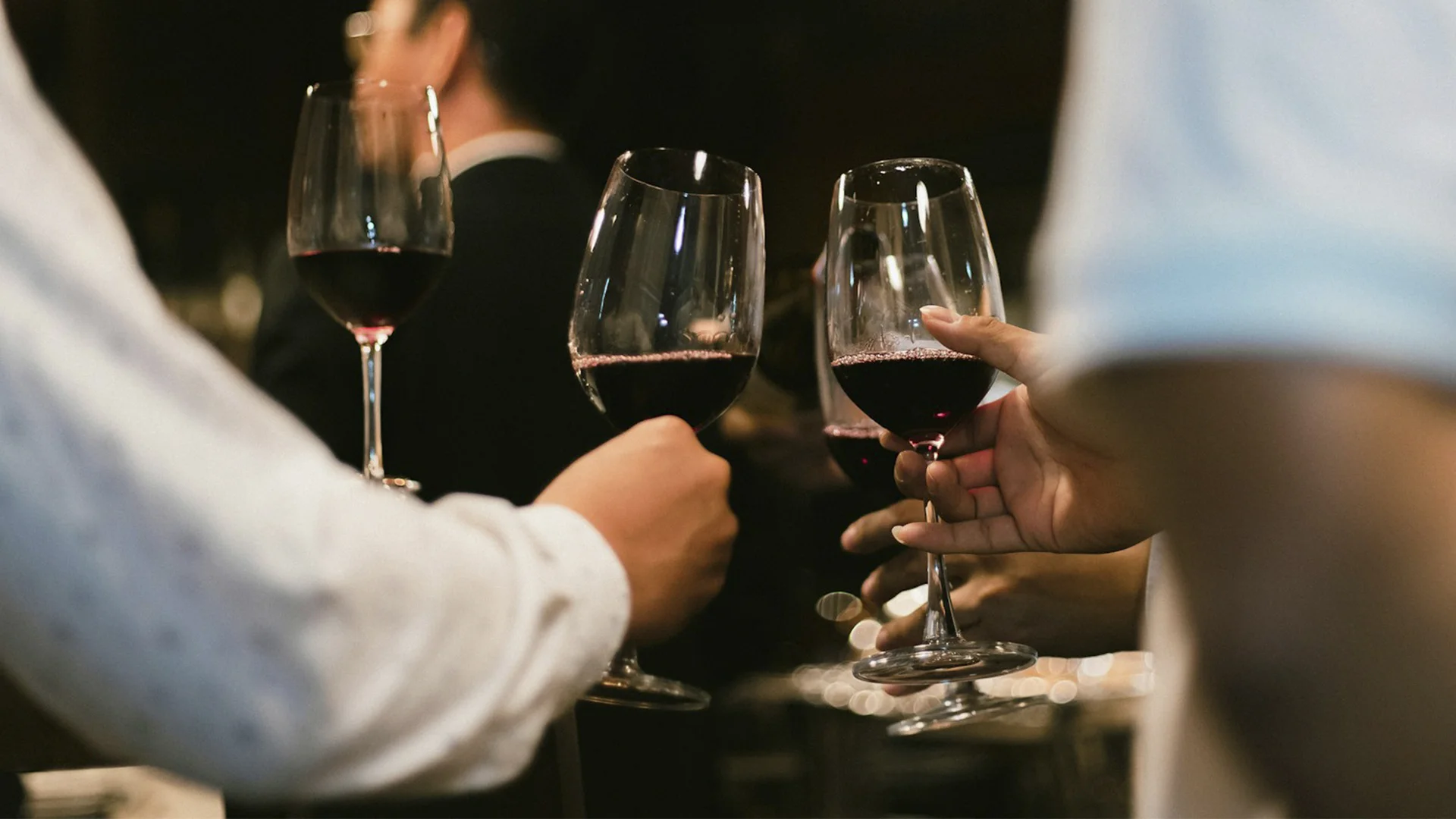
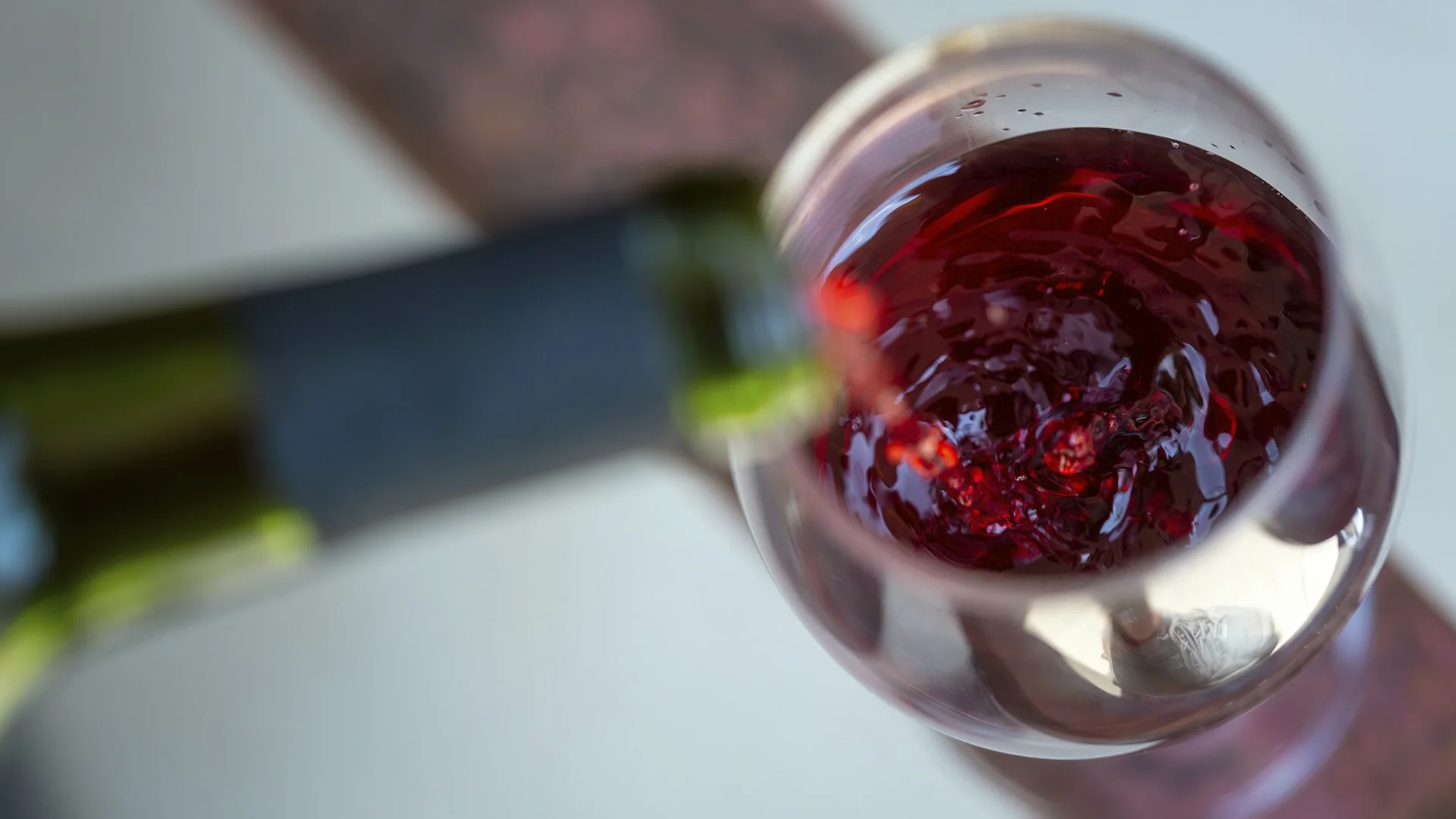
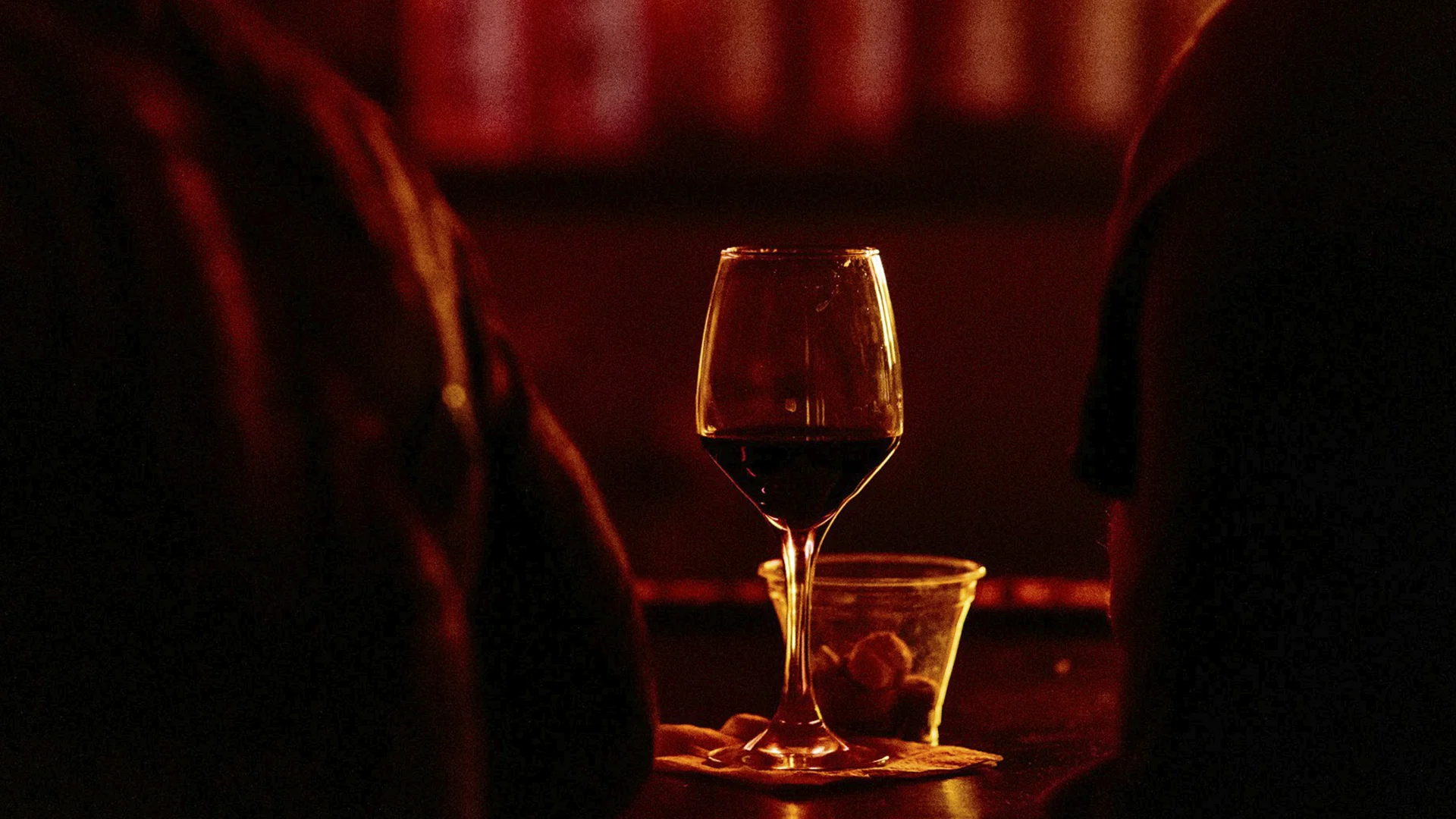
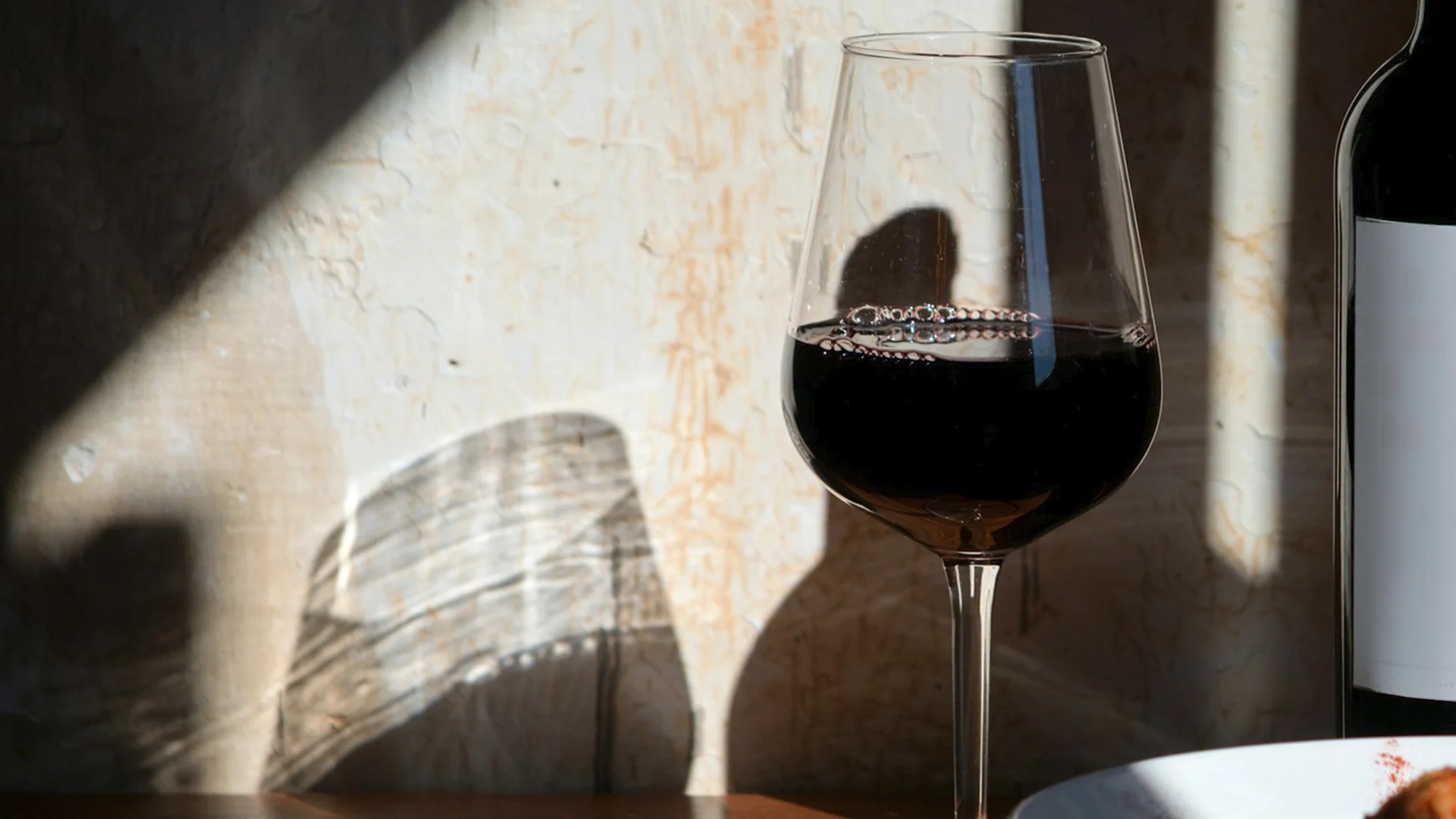
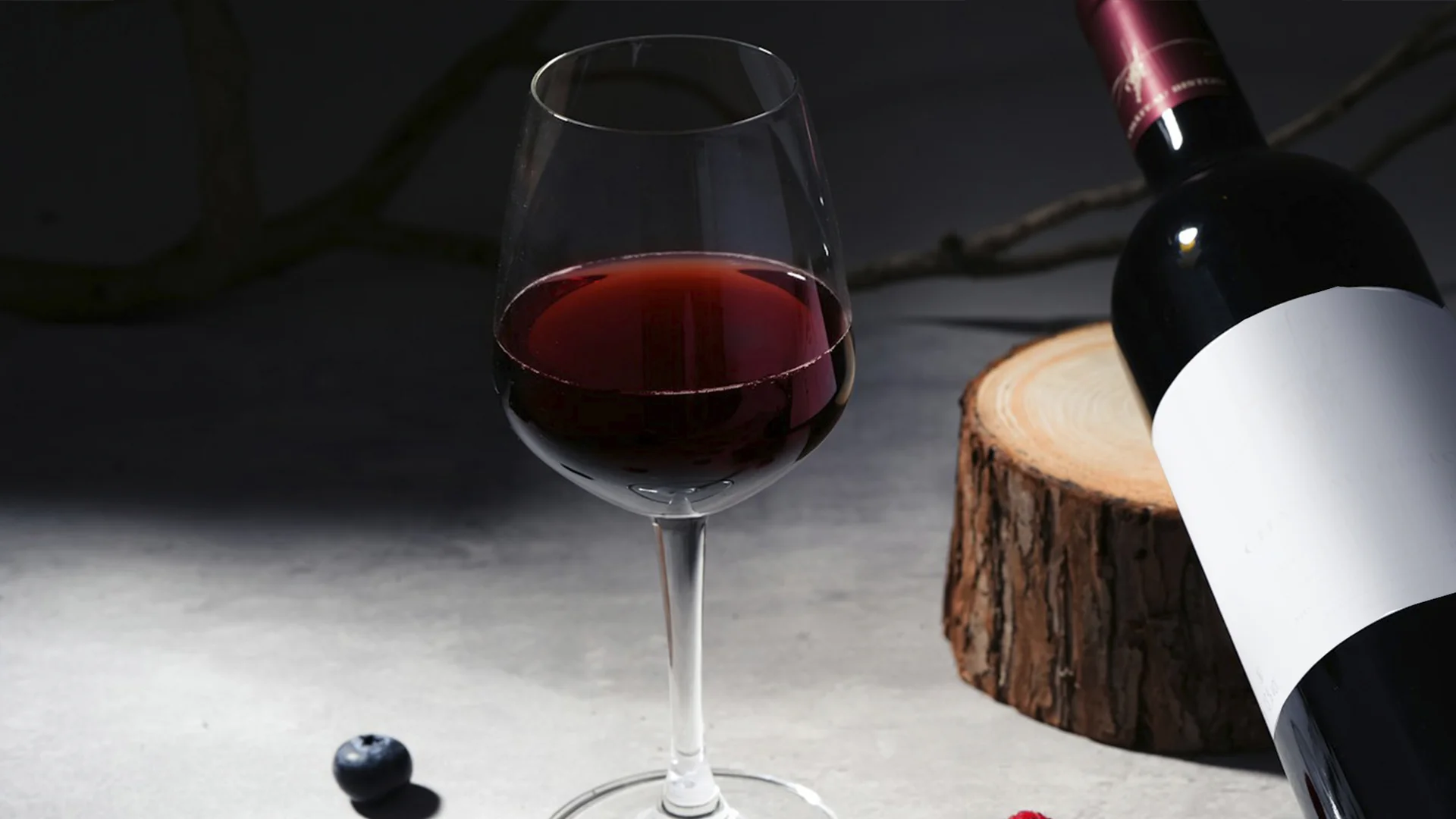
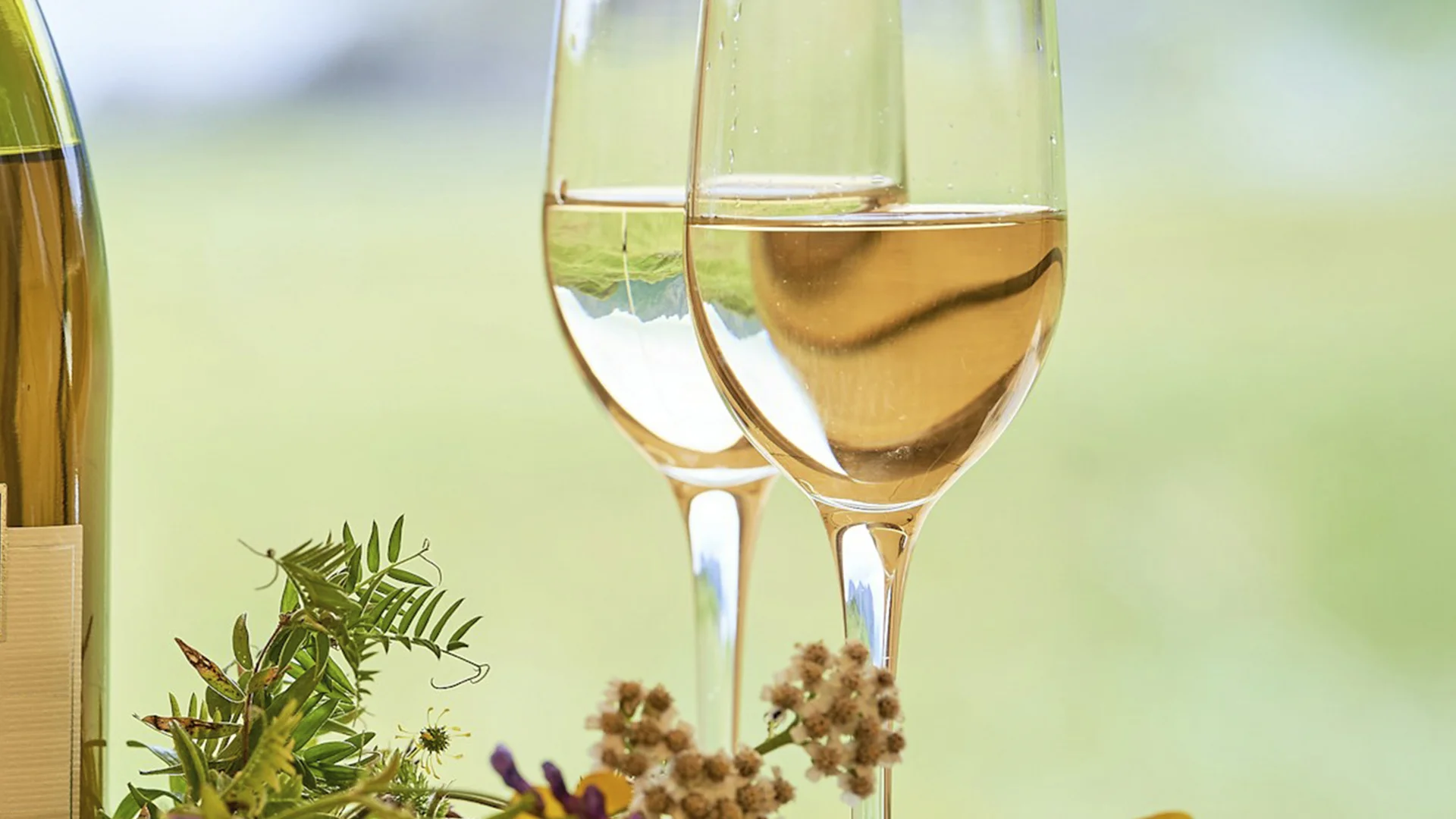
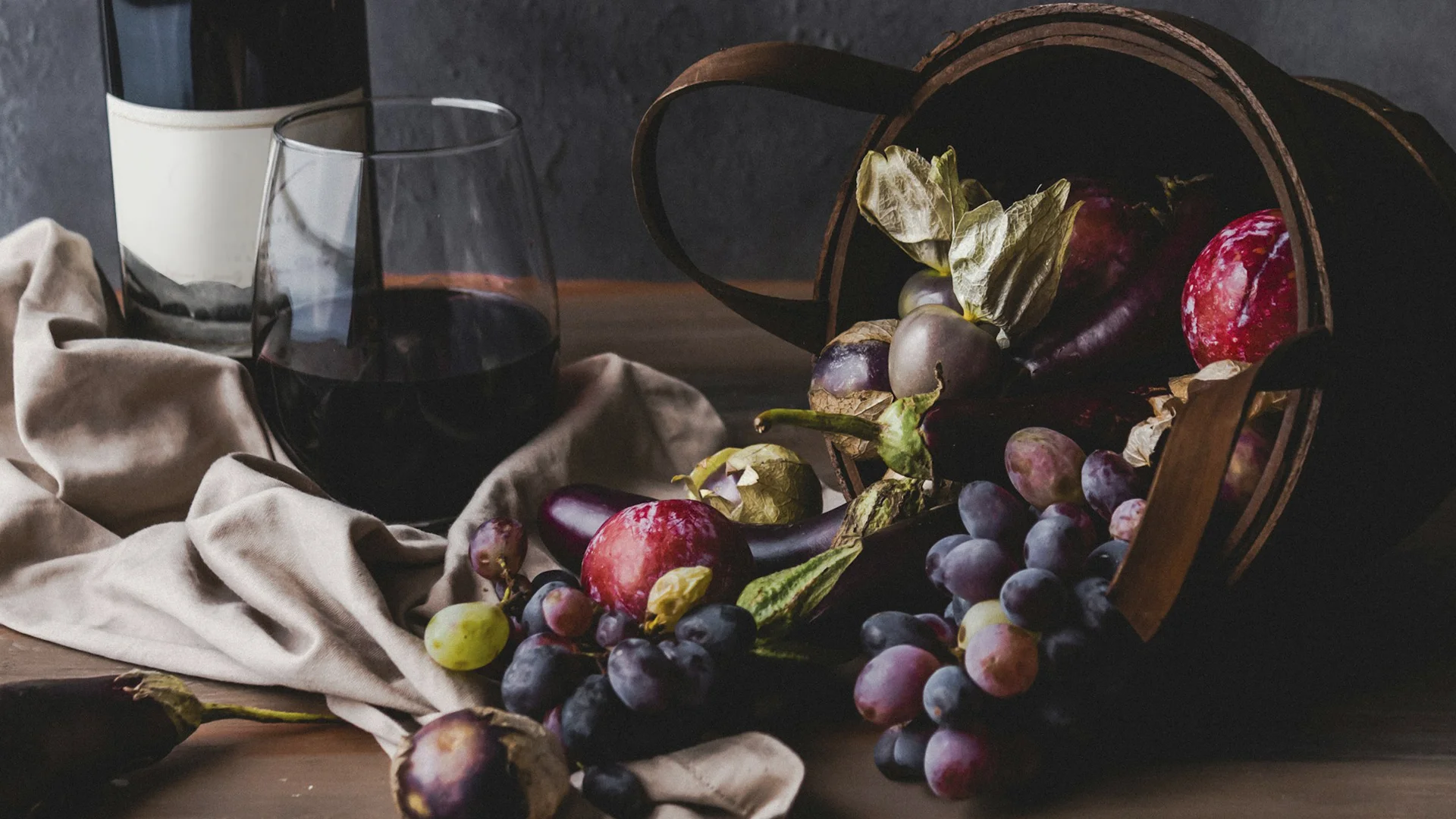
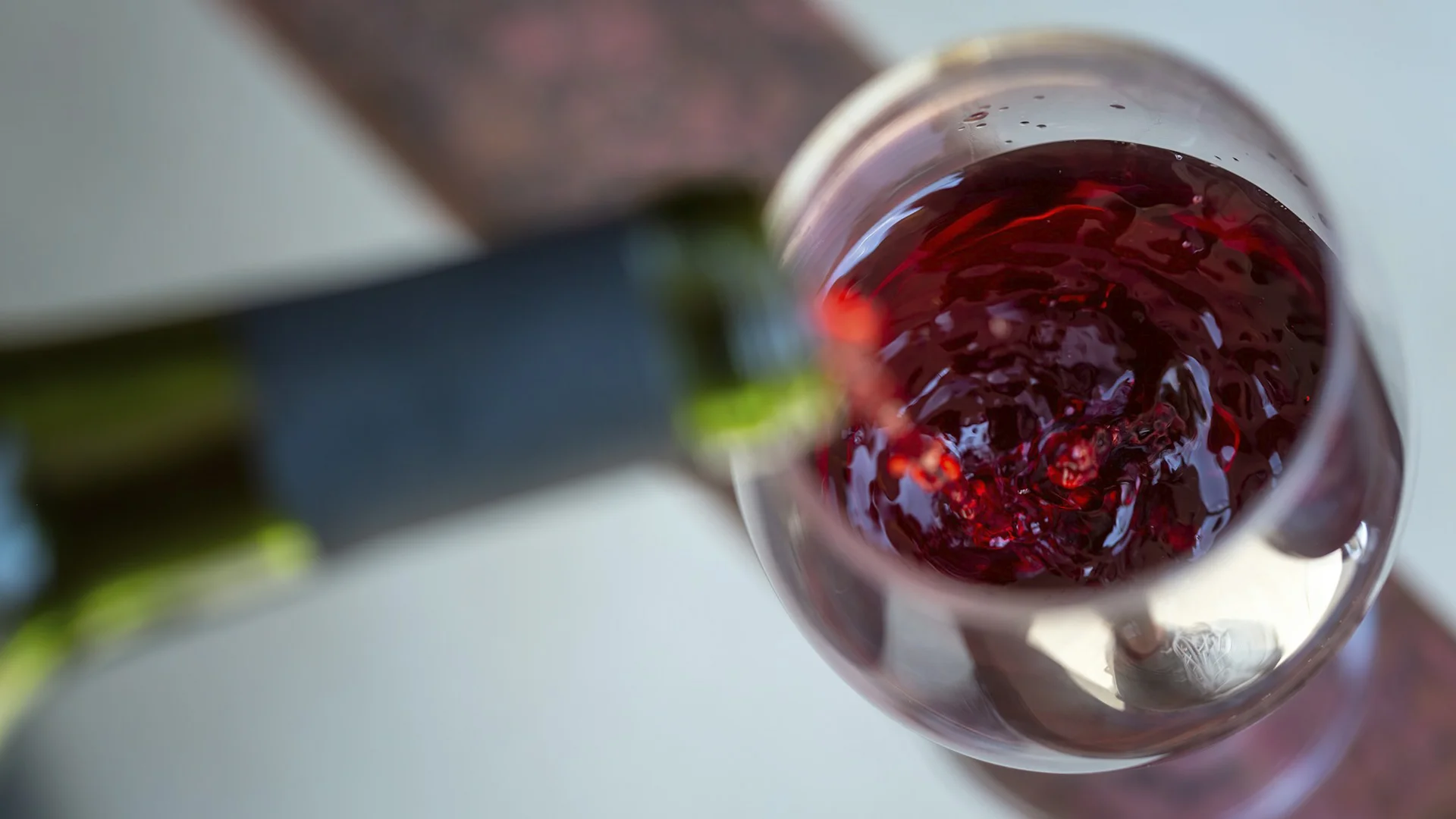
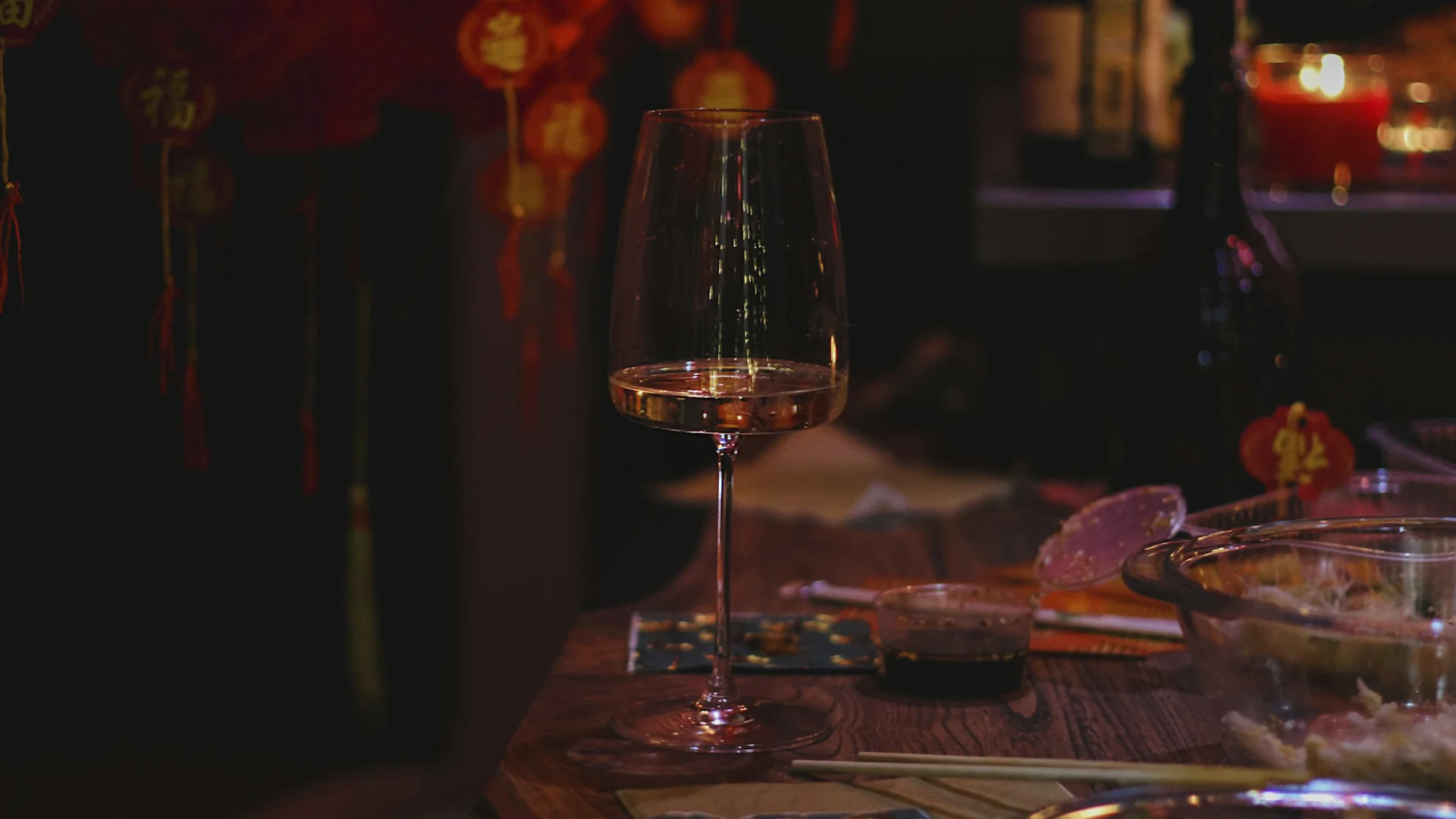
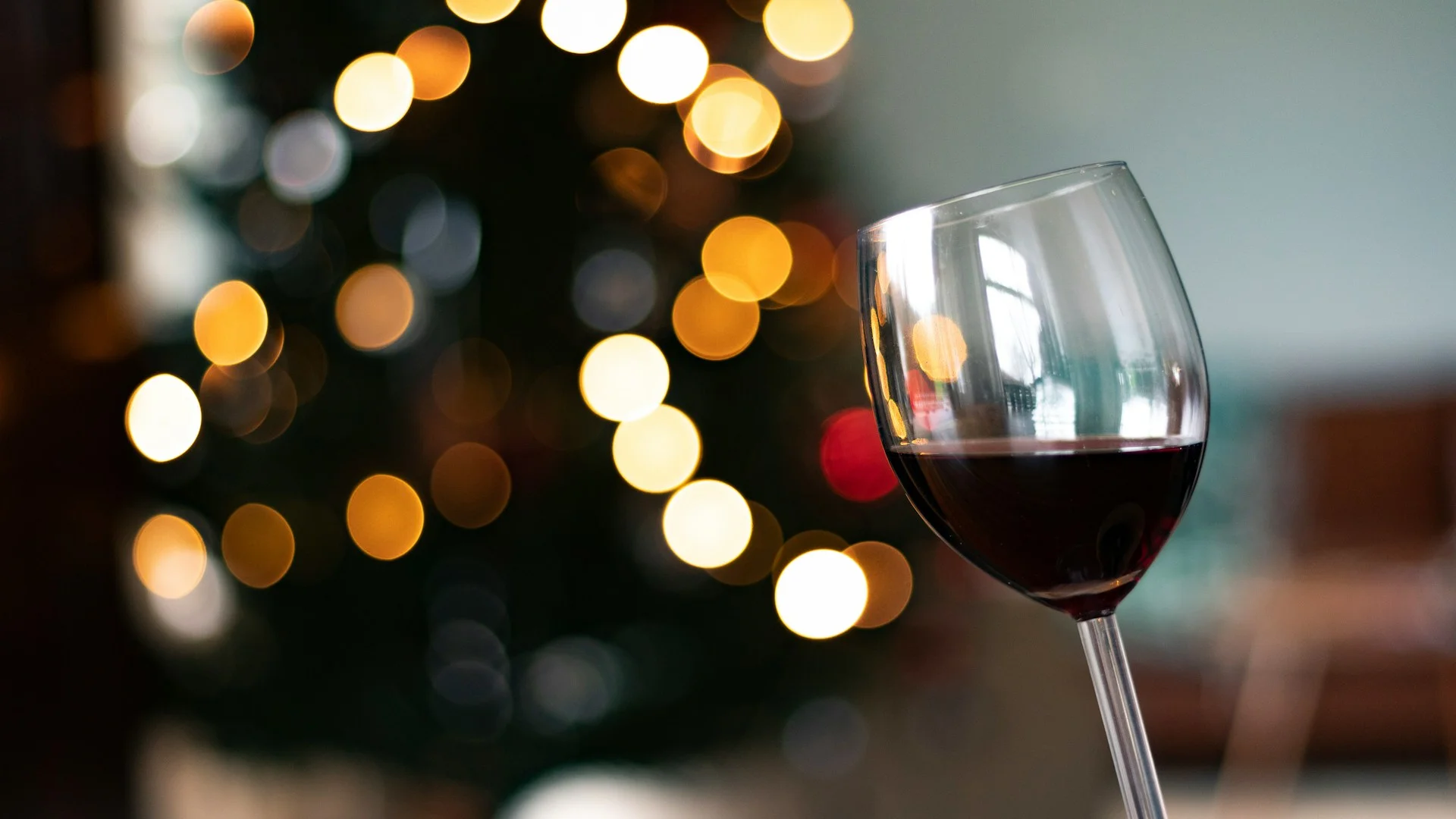
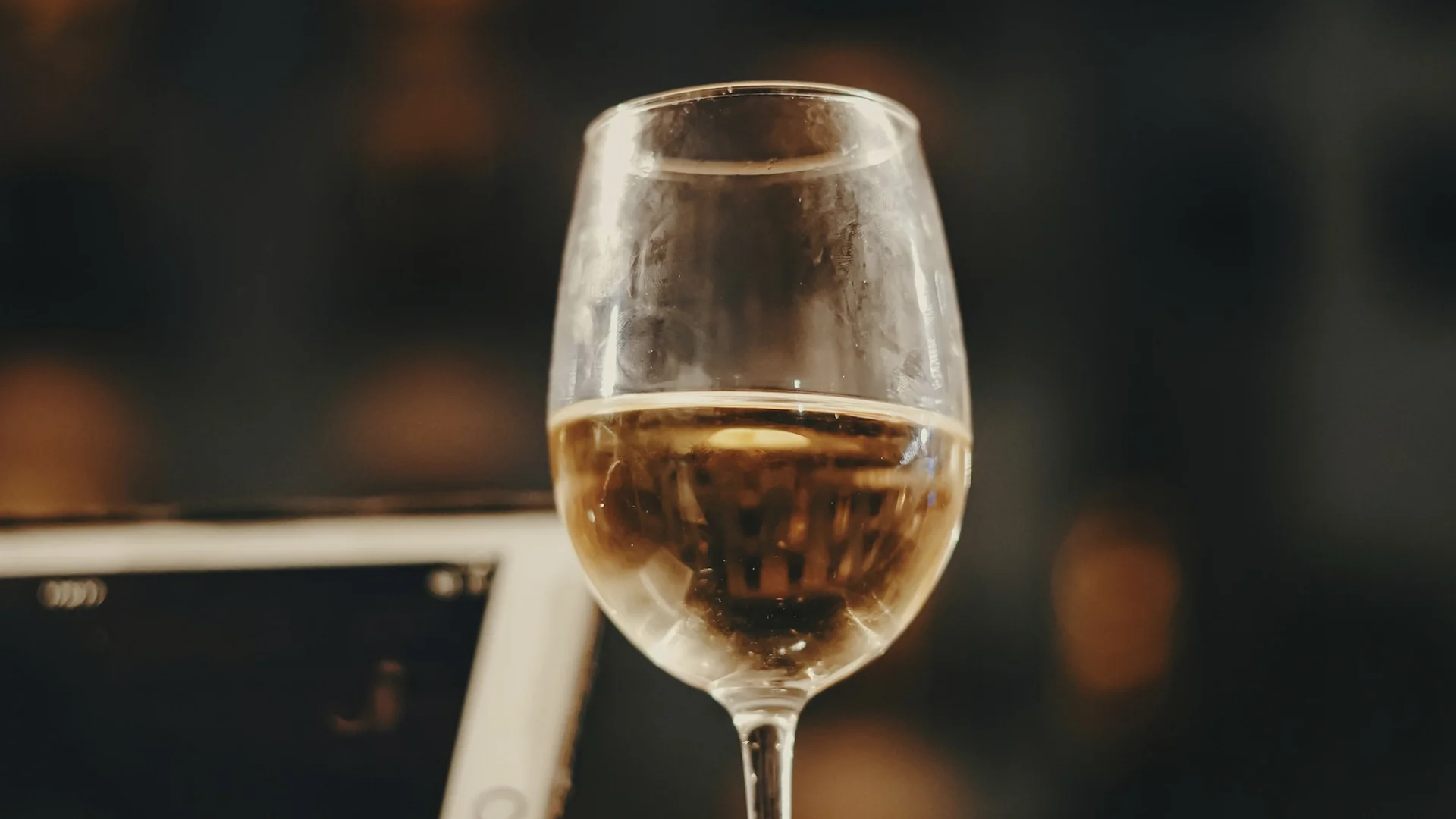




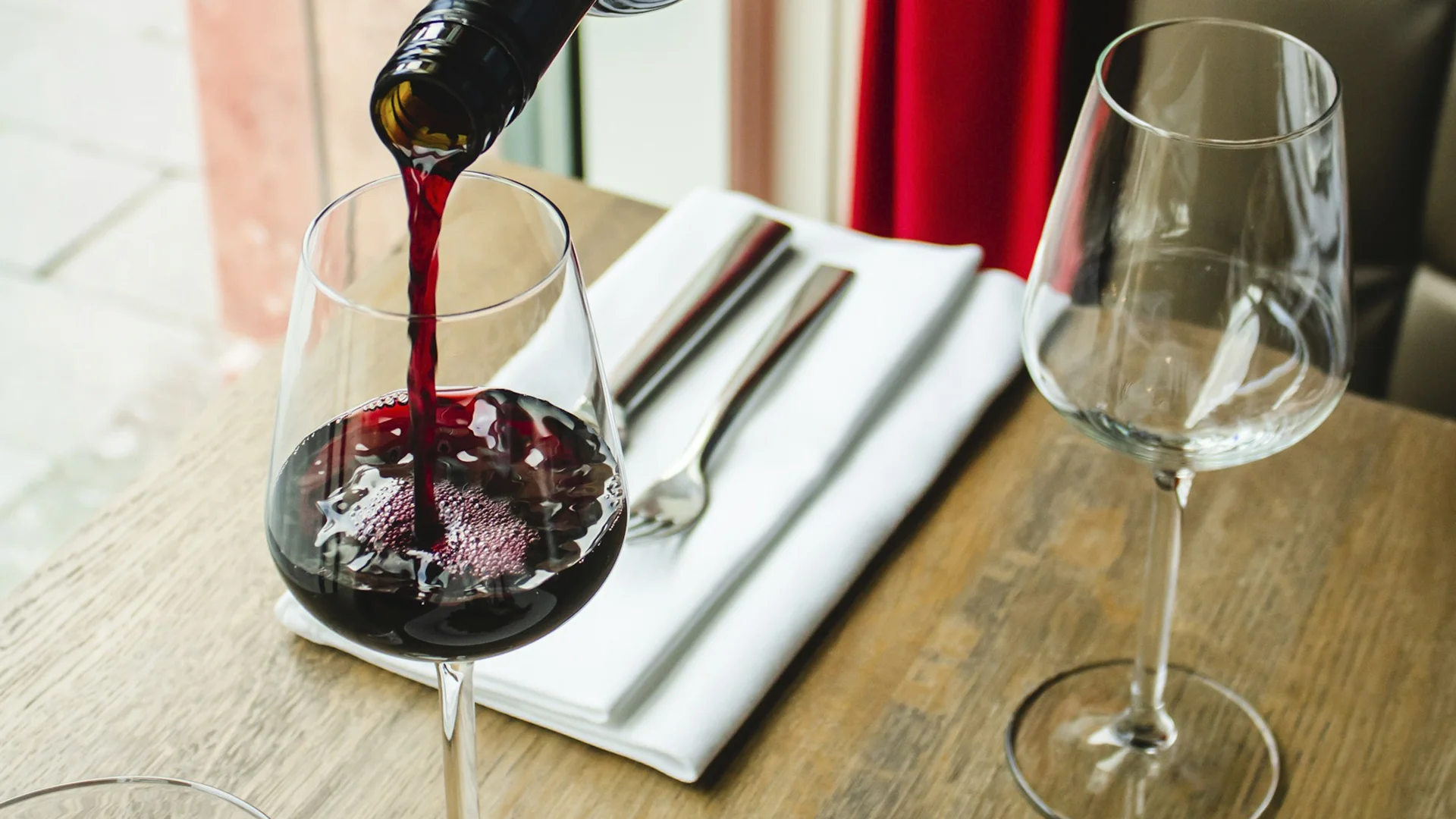












.webp)

.webp)
.webp)
.webp)



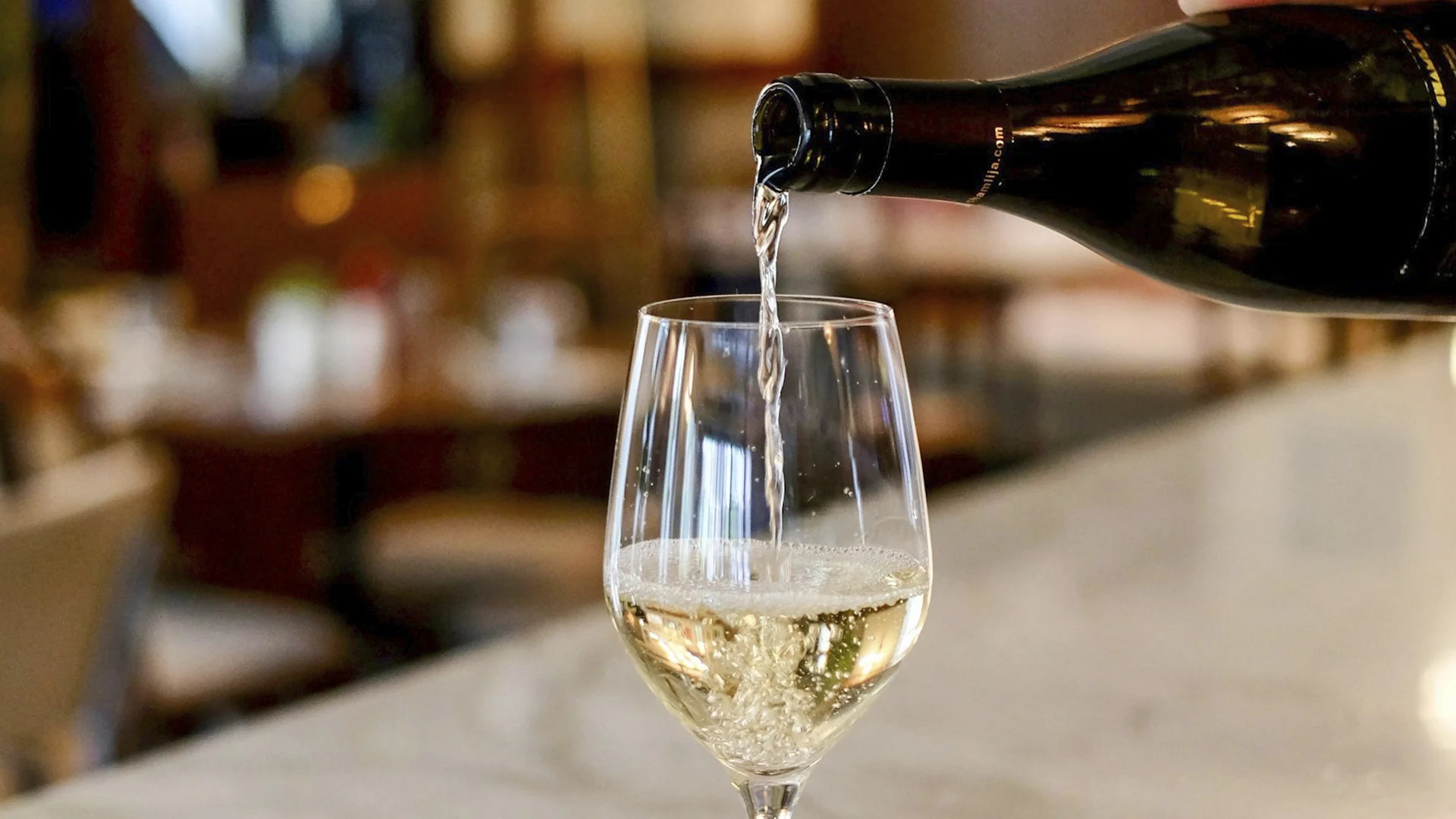


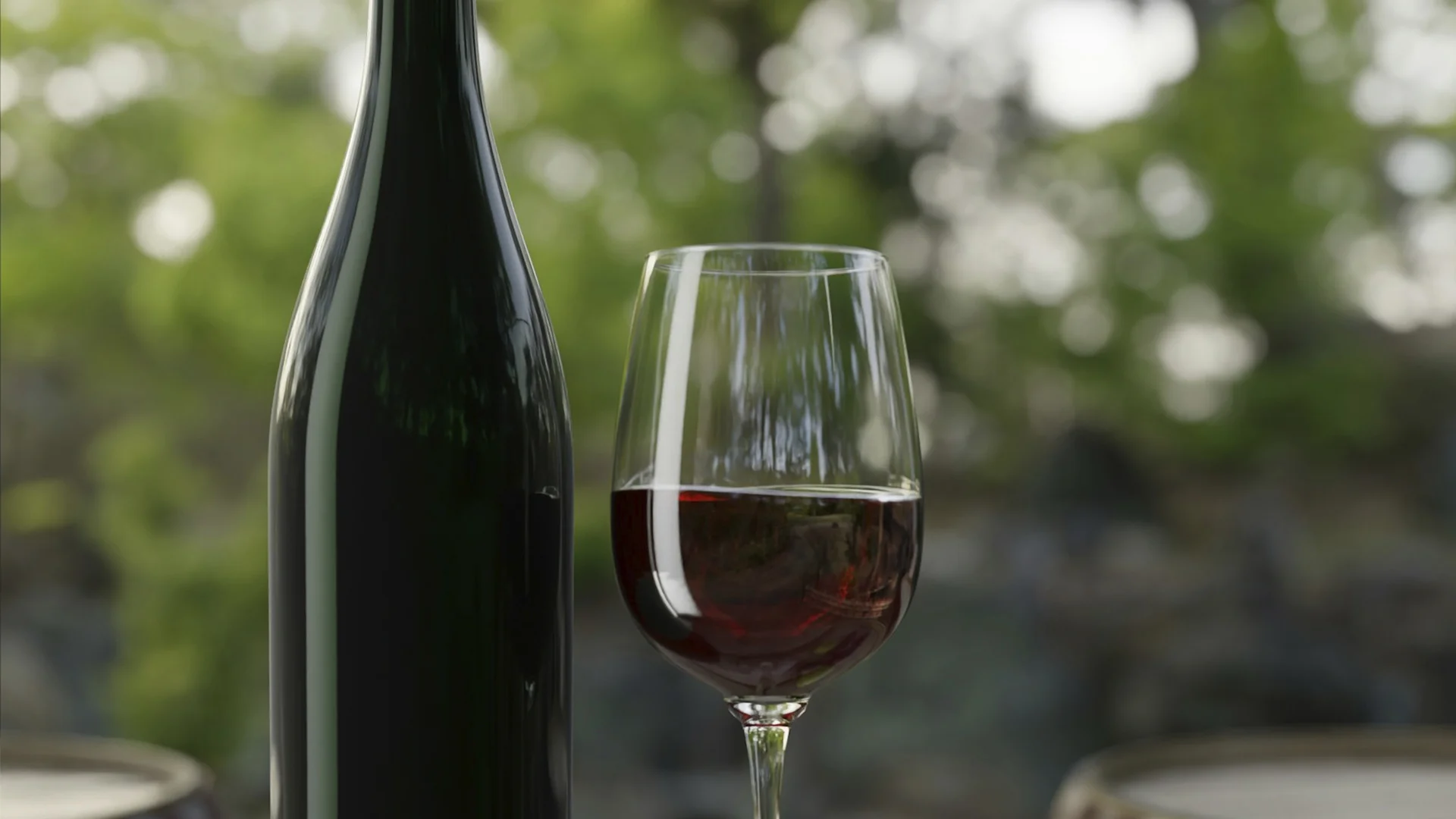



















.webp)










Are you interested in
collaborating with us?